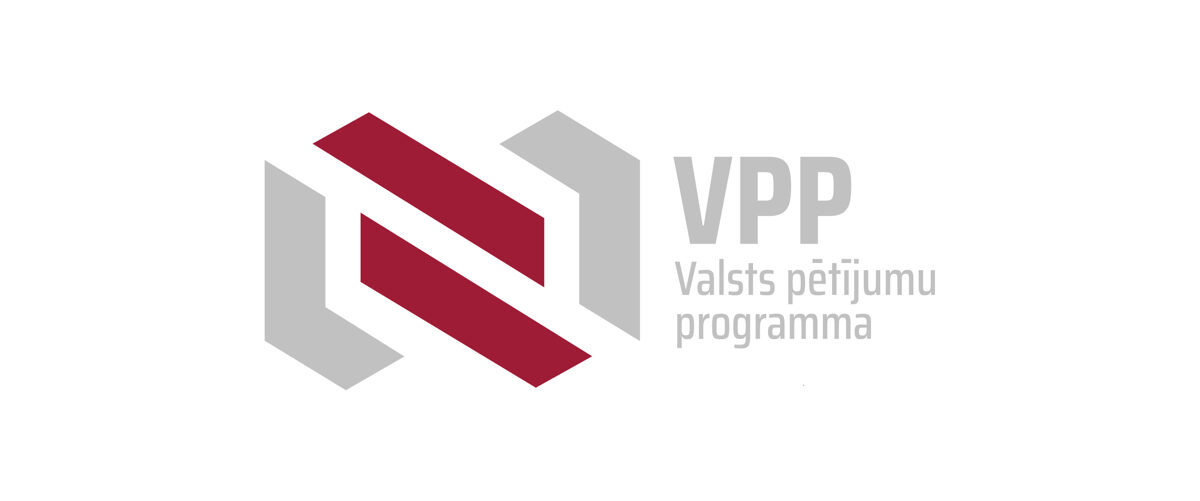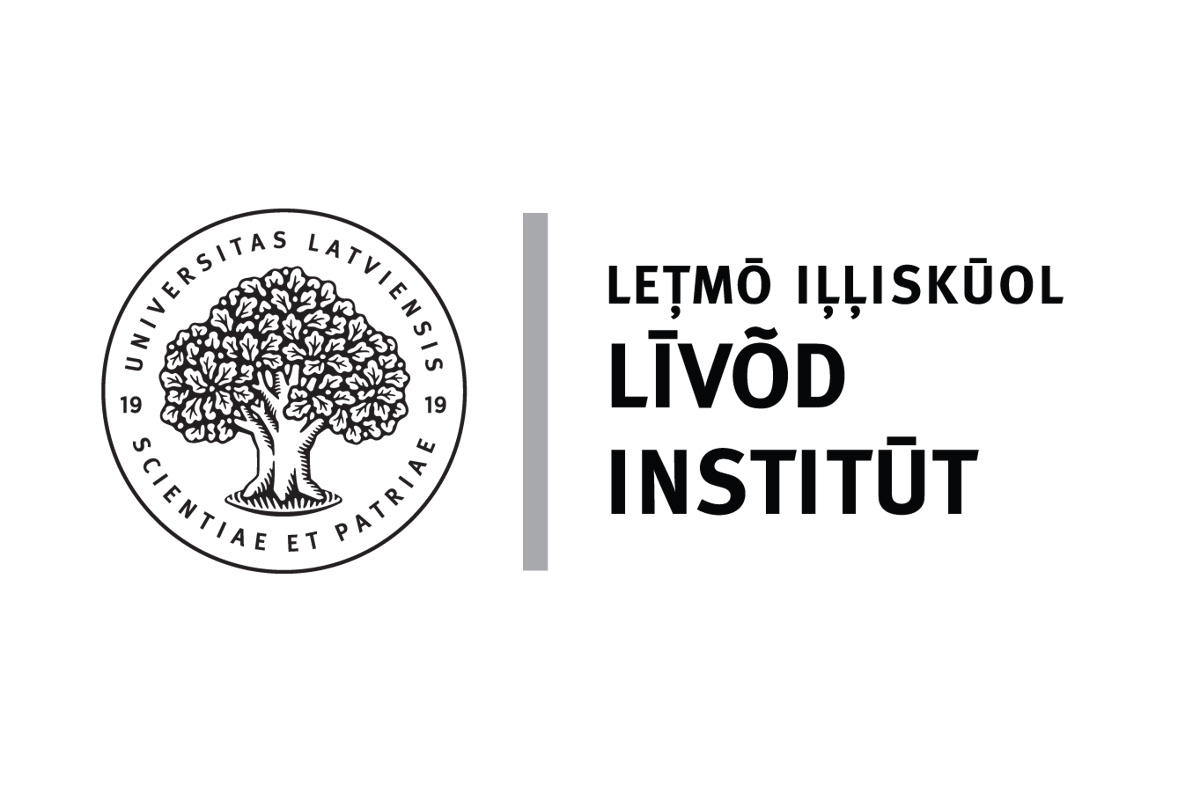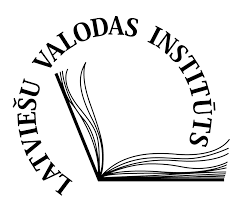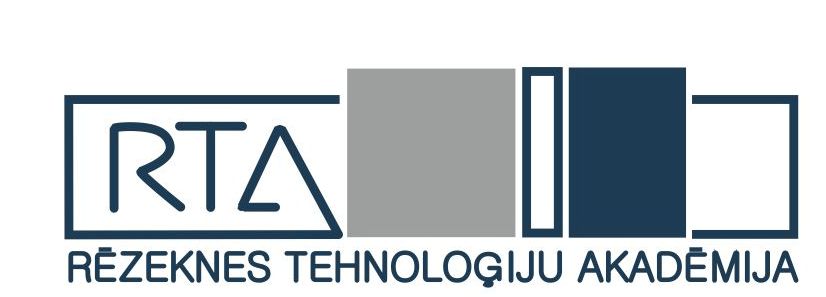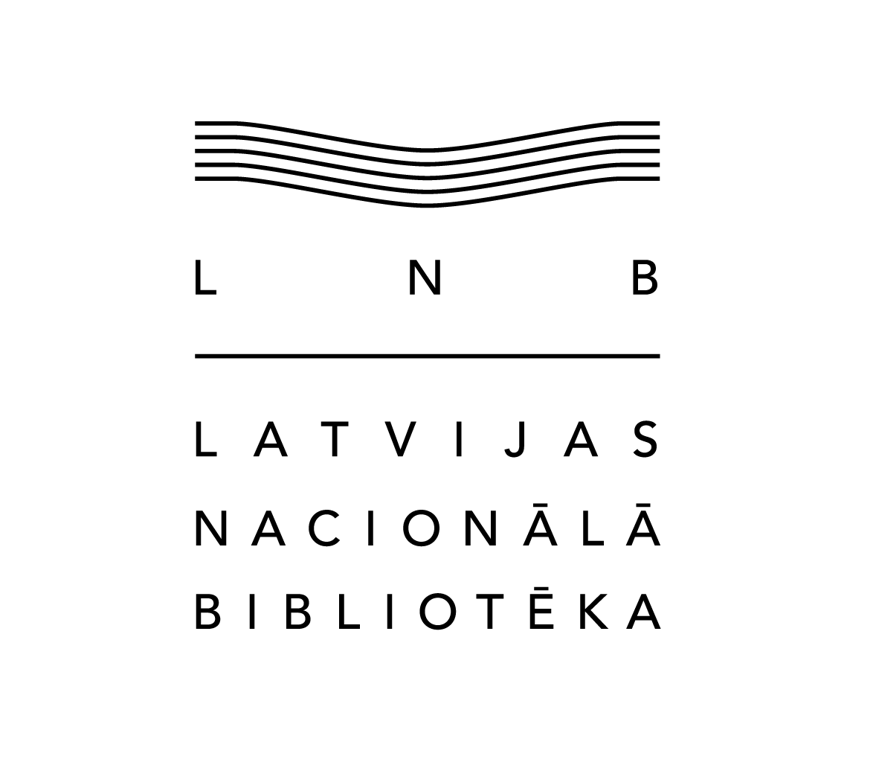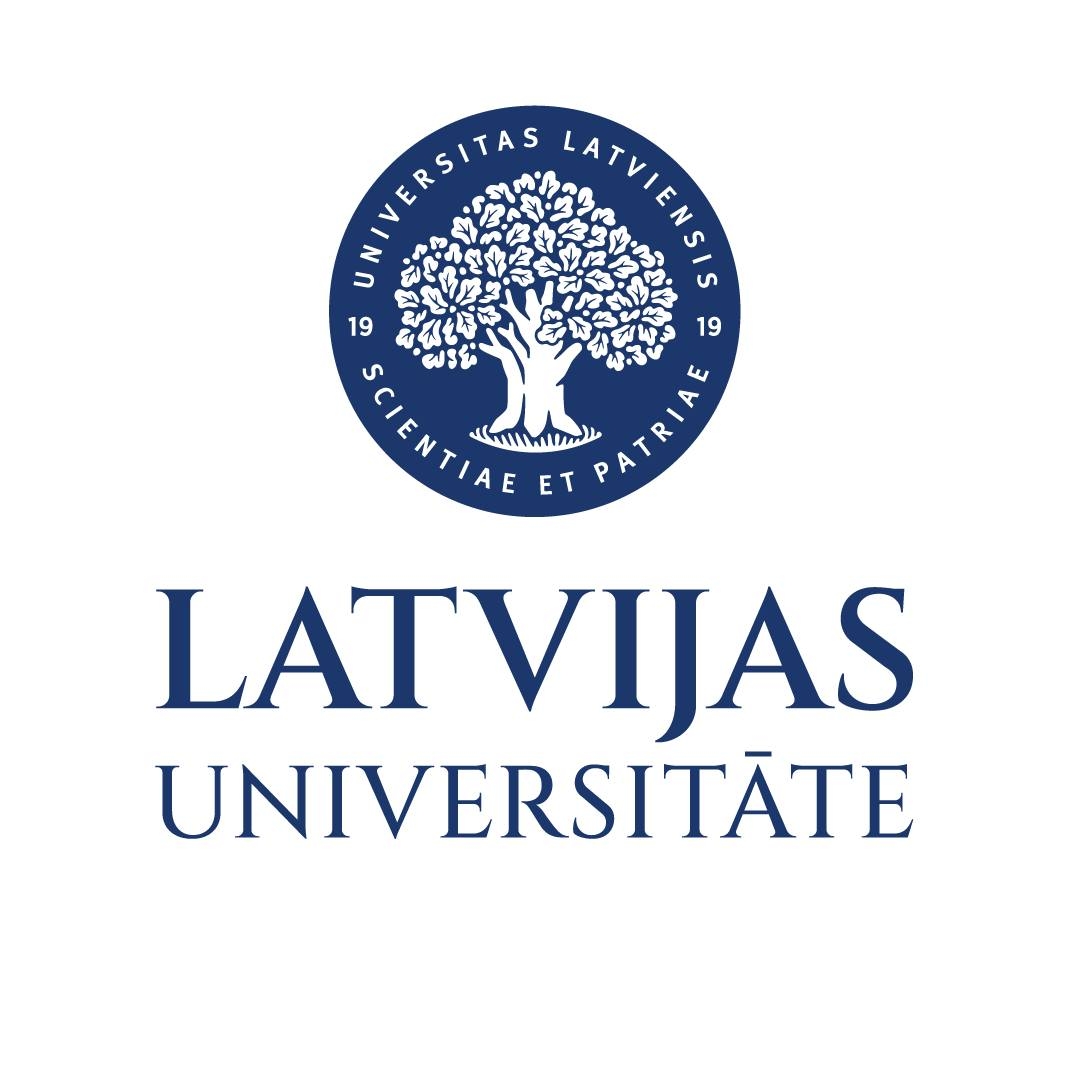Events
04.–08.08.2025.
The 7th Baltic Summer School of Digital Humanities Has Concluded
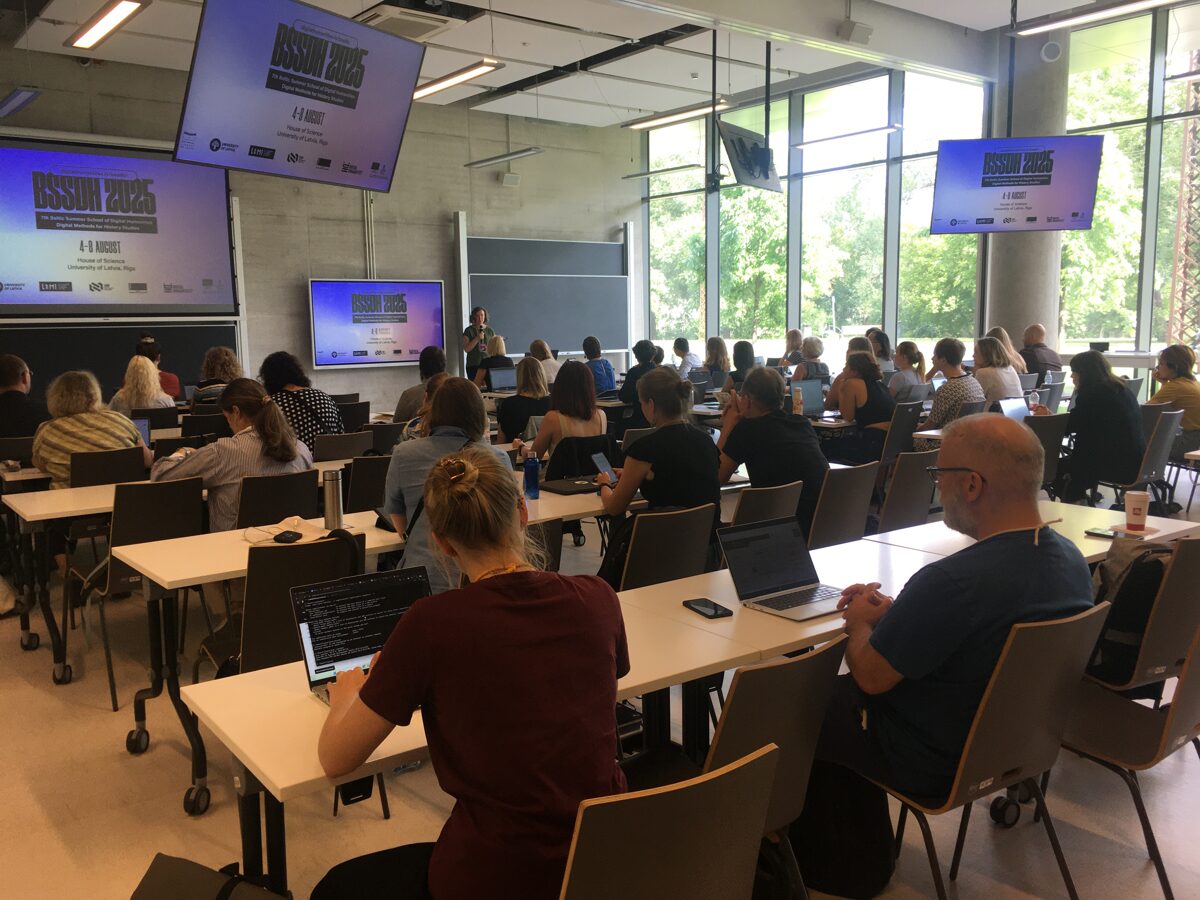
From 4 to 8 August, the 7th Baltic Summer School of Digital Humanities “Digital Methods for Historical Research” took place at the House of Science, University of Latvia. The school brought together more than 50 participants – historians, students, and memory institution specialists – primarily from the Baltic states, as well as from Poland, Croatia, Sweden, the United Kingdom, France, Germany, Belgium, and Greece.
The summer school offered an opportunity to explore current developments in digital humanities, acquire technical skills, and gain access to a wealth of resources and new contacts for future projects. This year, under the guidance of experienced European digital humanities researchers, participants explored topical debates and solutions related to the use of artificial intelligence for manuscript transcription, computational methods for interpreting missing historical data, the application of large language models in the humanities, as well as network analysis and the digital mapping of historical materials.
28.05.2025.
New episode of the podcast “Digital Humanities”: Episode 10 – “The Beginnings of Computational Linguistics in Latvia”
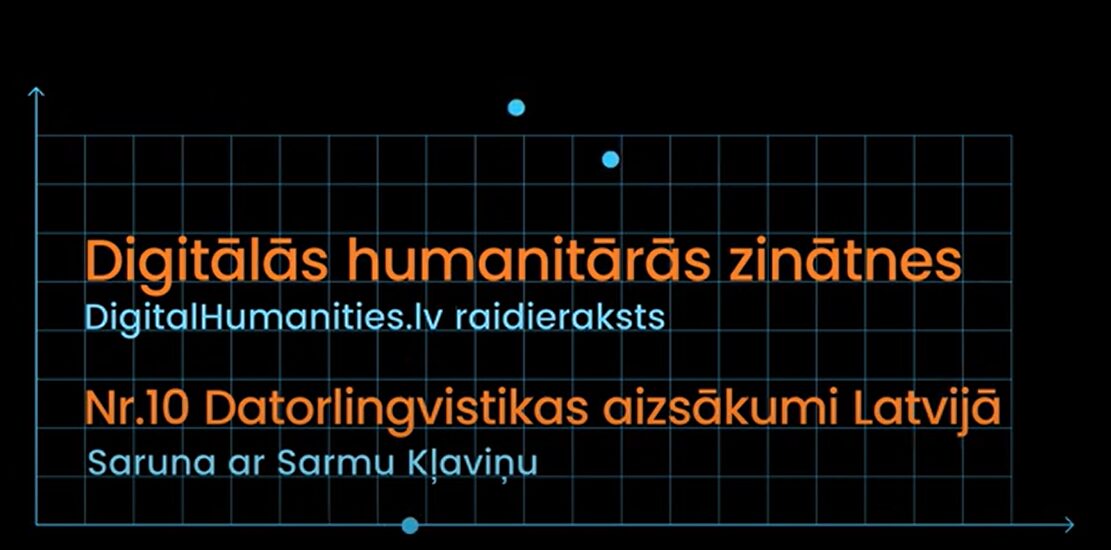
The 10th episode of the podcast “Digital Humanities”, titled “The Beginnings of Computational Linguistics in Latvia”, has been released. In this episode, Haralds Matulis talks with Dr. philol., Honorary Doctor of the Latvian Academy of Sciences, Sarma Kļaviņa.
The conversation looks back at the origins of computational linguistics in Latvia. Sarma Kļaviņa shares how she began her studies in mathematical linguistics and how computers and calculators entered the field of linguistics. The discussion covers early machine translation, including binary translation and the interlingua paradigm, as well as the subsequent abandonment of machine translation in the 1960s. Kļaviņa’s main research in computational linguistics is connected with linguistic statistics, which included her thesis on parts-of-speech analysis and later the creation of a frequency dictionary of Latvian journalism.
24.05.2025
Project Researchers Participated in the Latvian–Estonian Joint Conference “500 years of Latvian and Estonian Books and Written Languages”
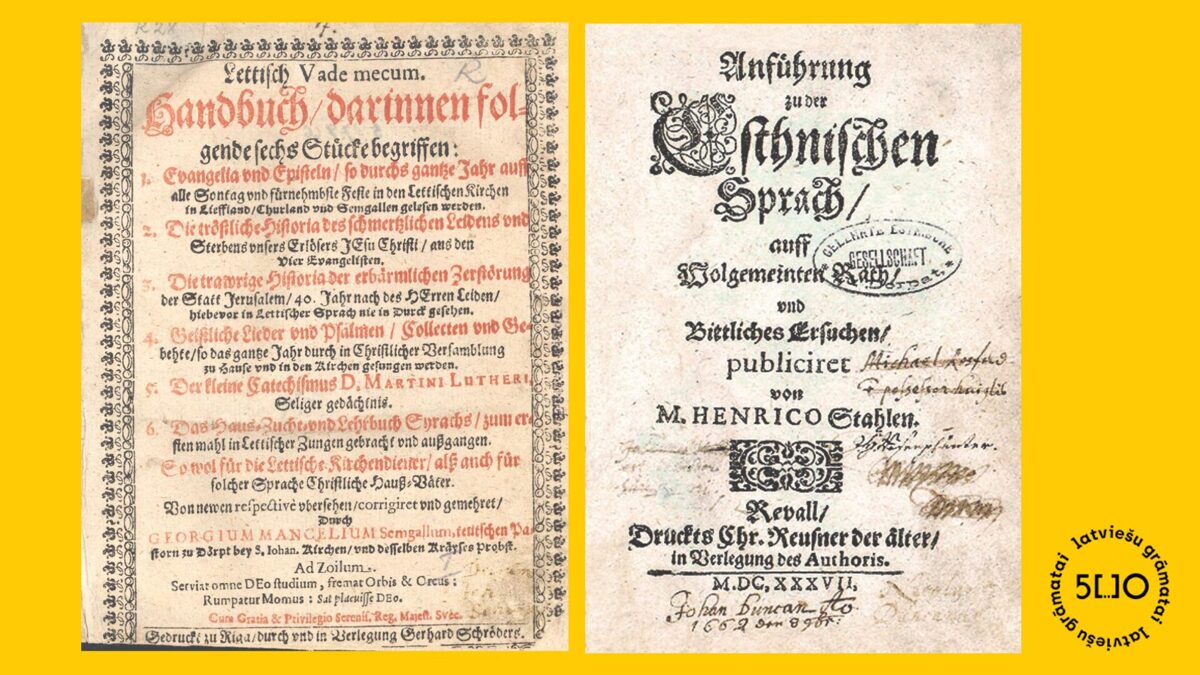
On 23–24 May, the Latvian–Estonian joint conference dedicated to the role of the book in the history of language took place in the 8th-floor reading room of the National Library of Latvia.
At the conference, researchers from the LU LaVi, Anta Trumpa and Anna Frīdenberga, presented the paper “The current situation and problematic issues of the historical dictionary of the Latvian language”.
21.05.2025.
Seminar “The Experience of the Latvian State Archive of Audiovisual Documents in Using AI Tools: A New Approach to Enhancing Access to Historical Documents” Held
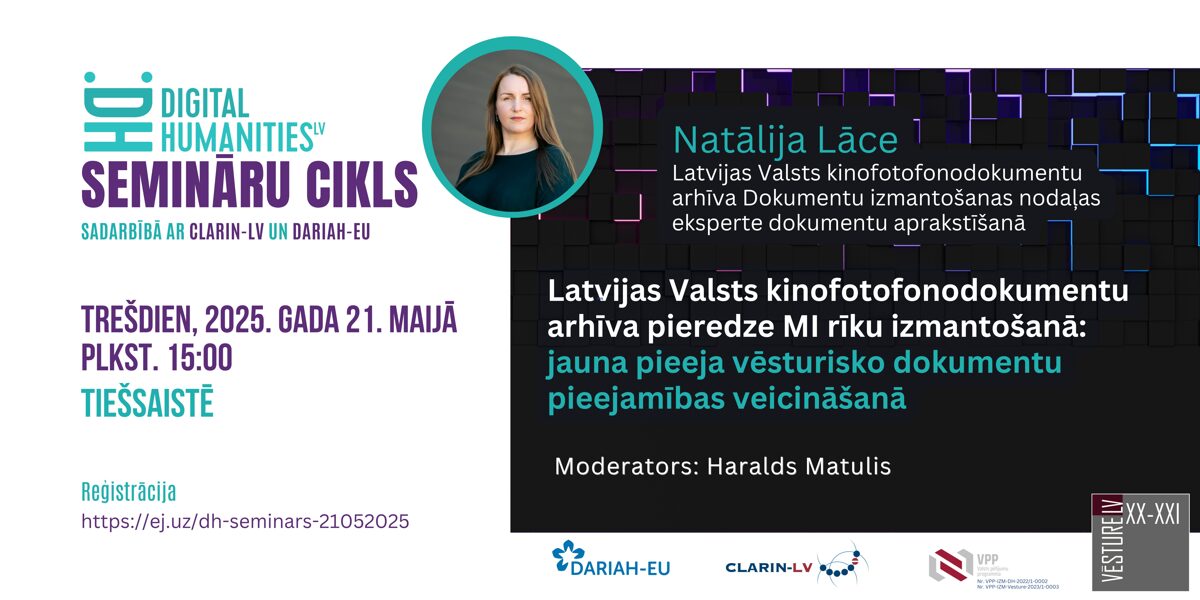
On 21 May, an online seminar “The Experience of the Latvian State Archive of Audiovisual Documents in Using AI Tools: A New Approach to Enhancing Access to Historical Documents” took place, led by Natālija Lāce, expert at the Latvian State Archive of Audiovisual Documents.
The seminar emphasized that the archival sector is undergoing significant changes – photographs, videos, and sound recordings are no longer just static witnesses of history but dynamic information that requires innovative solutions for its management. The Latvian State Archive of Audiovisual Documents is actively testing and implementing artificial intelligence tools in its daily work to improve the description, search, and accessibility of documents, thus making the archive’s collections more accessible and easier to use for researchers and the public.
The seminar video is available here.
06–07.05.2025.
PhD Jan Hajič’s Lectures and Workshops “Digital Musicology and Computer Analysis of Gregorian Chants” Held in Riga
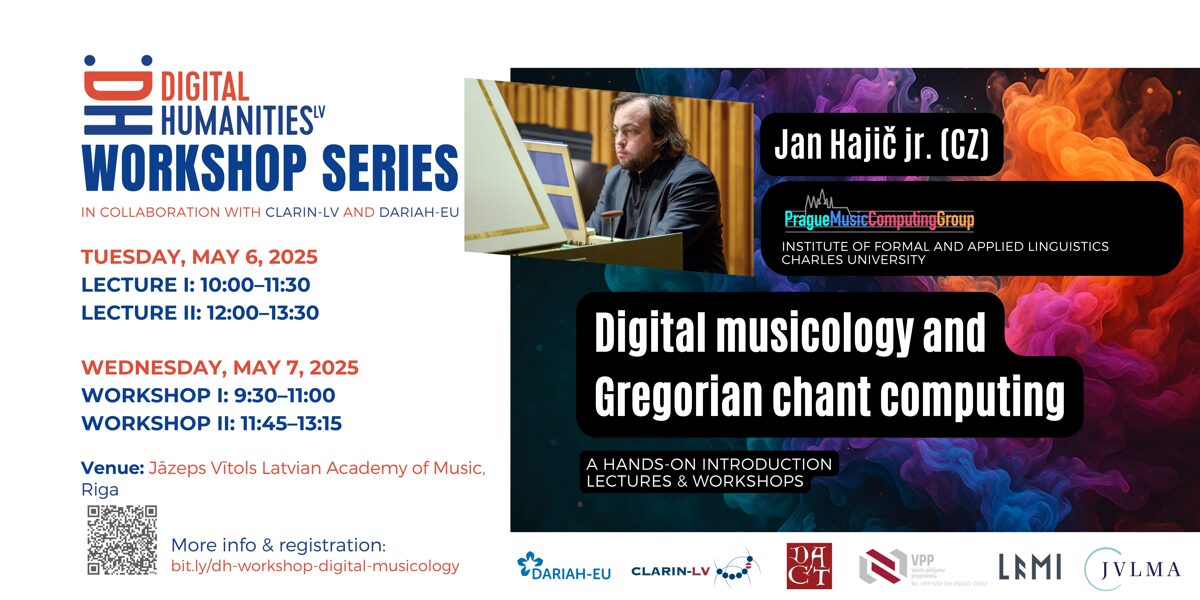
On 6–7 May, PhD Jan Hajič (Jan Hajič, jr) visited the Jāzeps Vītols Latvian Academy of Music with a series of lectures and workshops. In two lectures and two practical sessions, he introduced digital musicology, demonstrating its strengths and limitations.
The lectures and workshops brought together musicologists and musicians of various levels – from students preparing their theses to leading researchers working on research project proposals.
03.04.2025.
Seminar “Accessibility of Digital Humanities Resources and Tools” Held
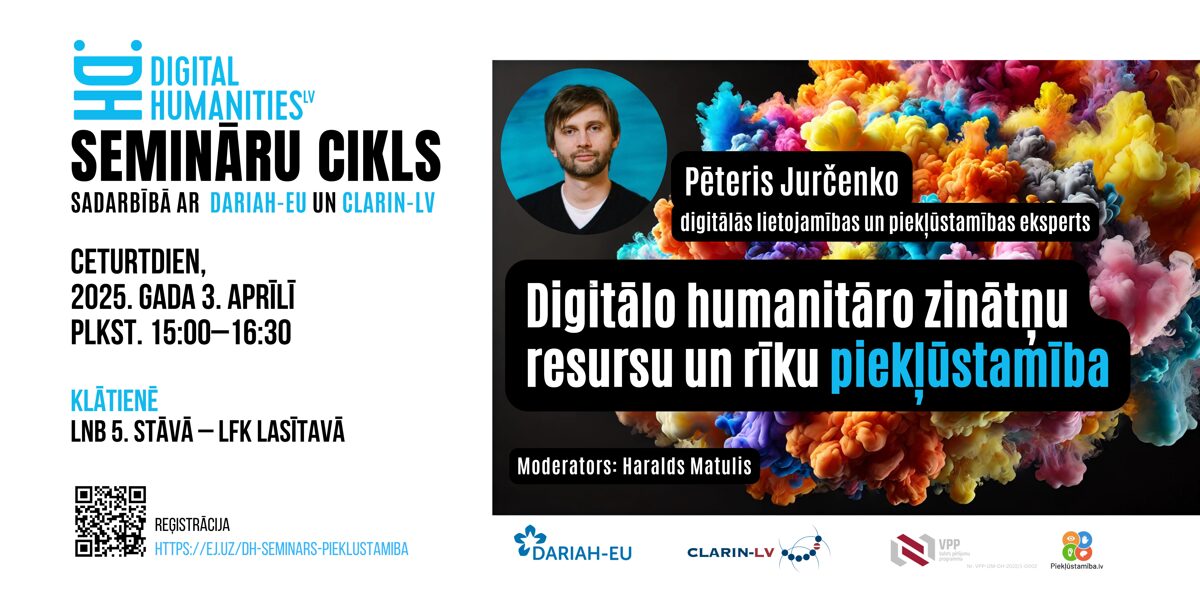
On 3 April, the seminar “Accessibility of Digital Humanities Resources and Tools” took place, highlighting the importance of accessibility in the digital environment, particularly in the context of resources and tools developed within digital humanities. The seminar explained web accessibility regulations and requirements, as well as analyzed key aspects of accessibility, using examples from tools and resources created by the VPP DHELI project partners.
The seminar was led by digital usability and accessibility expert Pēteris Jurčenko.
20.03.2025
Project Researchers Participated in the International Scientific Conference “The Language System, Morphemics and Derivational Morphology”
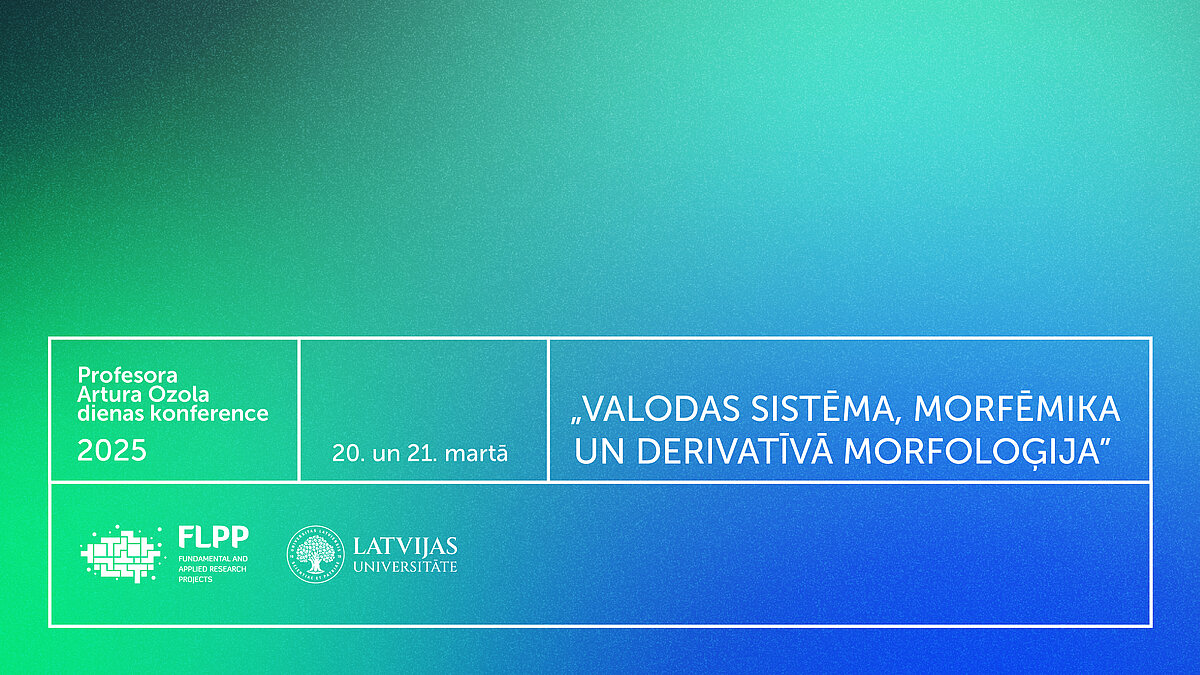
At the international conference “The Language System, Morphemics and Derivational Morphology”, which featured 37 presentations on various topics related to word formation, morphemics, grammatical systems, and terminology in Latvian, Lithuanian, Estonian, Czech, and other languages, project researchers from the LU MII and RTA also took part.
They presented the paper “A Formal Model of Morphological Analysis and Synthesis for the Latgalian Language”, authored by Lauma Pretkalniņa, Nicole Nau, Kristīne Pokratniece, and Ilze Ziņģe.
17.03.2025
New episode of the podcast “Digital Humanities”: Episode 9 – “Linguistics in the Digital Age”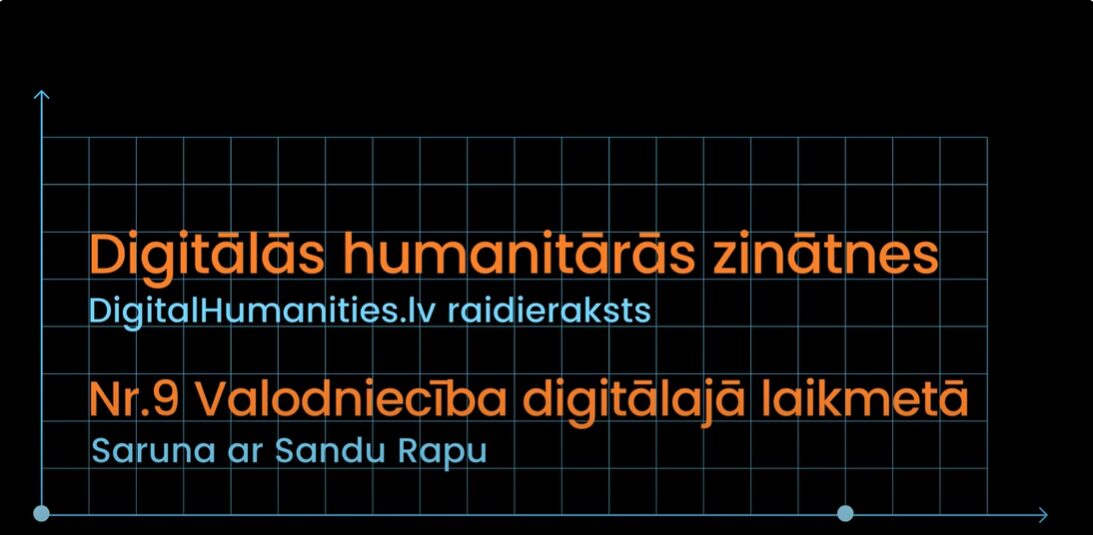
The ninth episode of the podcast “Digital Humanities”, titled “Linguistics in the Digital Age”, has been released. In this episode, Haralds Matulis speaks with Dr. philol. Sanda Rapa, Director of the Institute of the Latvian Language at the University of Latvia.
The conversation explores the work of the Institute of the Latvian Language (LaVI) and the role digital technologies play in linguistics and the development of the Latvian language. Questions discussed include: Will language technologies replace linguists? How are new words created in Latvian, and who decides which ones are included in dictionaries? How can the public participate in digital crowdsourcing projects? The episode also touches upon what cannot yet be researched digitally and speculates on when all ancient Latvian texts might finally be studied.
03.–07.03.2025.
Project Researchers Participate in DHNB2025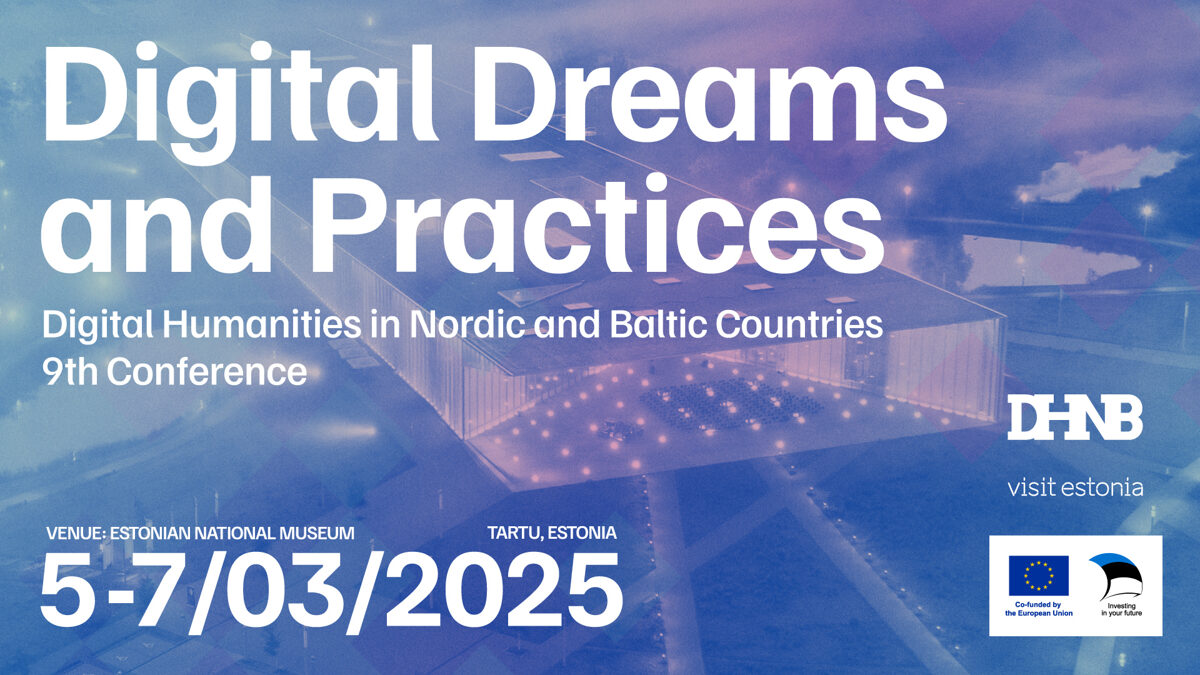
From 3 to 7 March, the annual conference Digital Humanities in the Nordic and Baltic Countries (DHNB2025) took place in Tartu, where the project’s researchers also participated with five presentations.
The DHNB conference is the largest digital humanities event in the region, bringing together researchers, students, and professionals interested in applying digital methods in the humanities, social sciences, and arts, as well as representatives of the GLAM sector (galleries, libraries, archives, and museums), whose daily work involves the development and maintenance of digital tools and resources. This year’s conference theme was “Digital Dreams and Practices.”
19.02.2025.
An international scientific conference dedicated to the 152nd anniversary of Jānis Endzelīns took place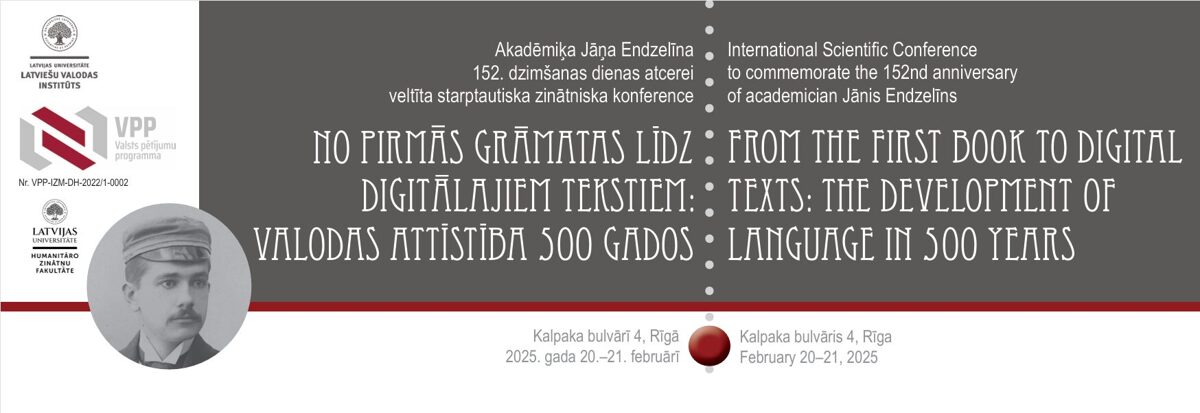
LU LaVI organized the international scientific conference dedicated to the 152nd anniversary of academician Jānis Endzelīns, “From the First Book to Digital Texts: Language Development over 500 Years”, which was held on 20–21 February. The conference took place in two parallel sections (a total of 10 sessions).
The conference featured 50 presentations delivered by 69 scholars from five countries (Latvia, Lithuania, Estonia, Poland, and Sweden).
06.01.2025.
Episode 8 of the Digital Humanities podcast is now available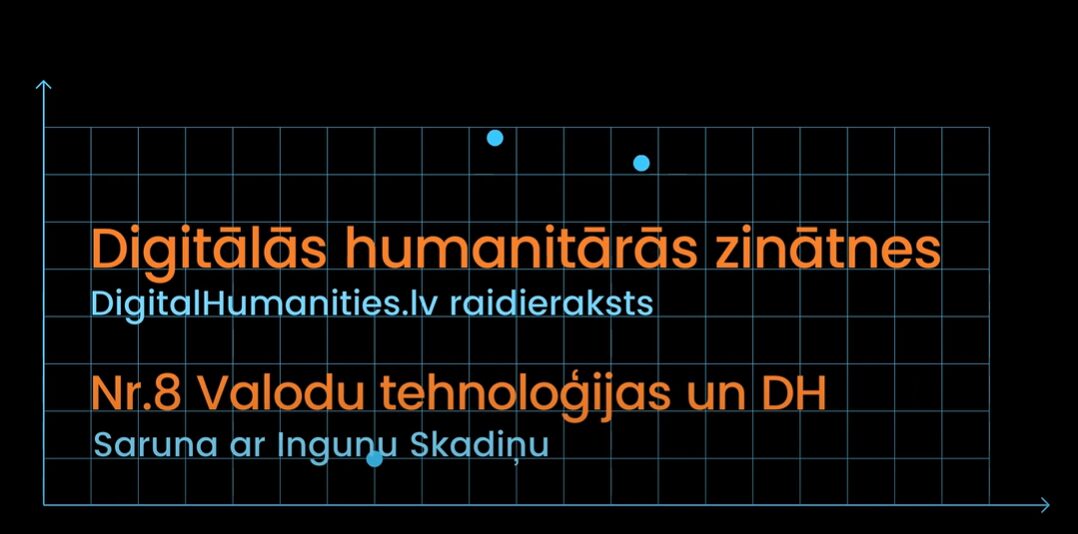
Episode 8 of the "Digital Humanities" podcast "Language Technologies and DH" is out, in which Haralds Matulis talks to Dr. sc. comp. Ingunu Skadiņš.
In this series we look at the history of language technology in Latvia and what was the first digital resource in Latvian. How did the Artificial Intelligence Laboratory (AiLab) at the LU MII start? What are the differences between working in a research institution and working in industry? How can students in the humanities get into the language technology industry? As well as the ever-present question of whether you need to know how to code to work in the industry, and whether chatGPT has changed the way people code and learn to code. In the episode, we also answer a question about the development of large language models in Latvian, useful study courses within the Language Technology Initiative (LTI) project and language resources in the CLARIN repository of the research infrastructure.
30.10.2024.
Episode 7 of the Digital Humanities podcast is now available
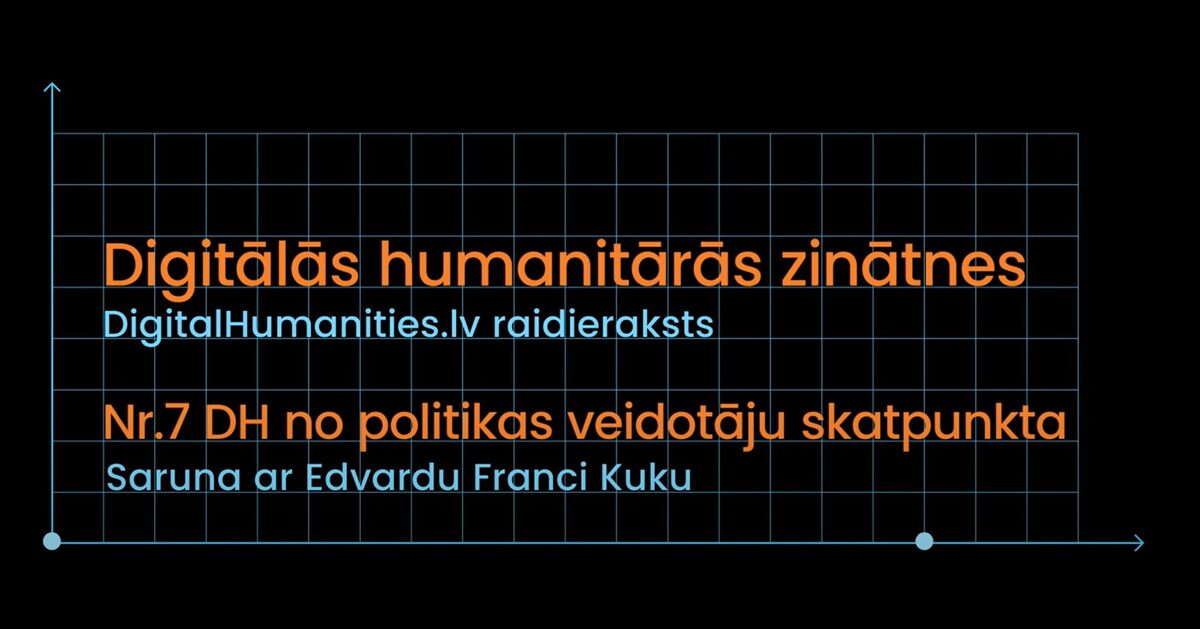
Episode 7 of Digital Humanities, "DH from a policy maker's perspective", is out, in which Haralds Matulis talks to Edvards Francis Kuks, Head of Smart Specialisation Unit (RIS3) at the Ministry of Education and Science of Latvia.
The recording seeks answers to questions ranging from when and how should researchers contact the Ministry of Education and Science about issues of interest to them? How are National Research Programmes developed? What is RIS3 and is the distinction between humanities and sciences still valid? What is the DH link with social sciences and language technologies? What are high digital skills, what are micro-skills, and Edward Cook's recommendations for young researchers.
22.–26.07.2024.
6th Baltic Summer School of Digital Humanities
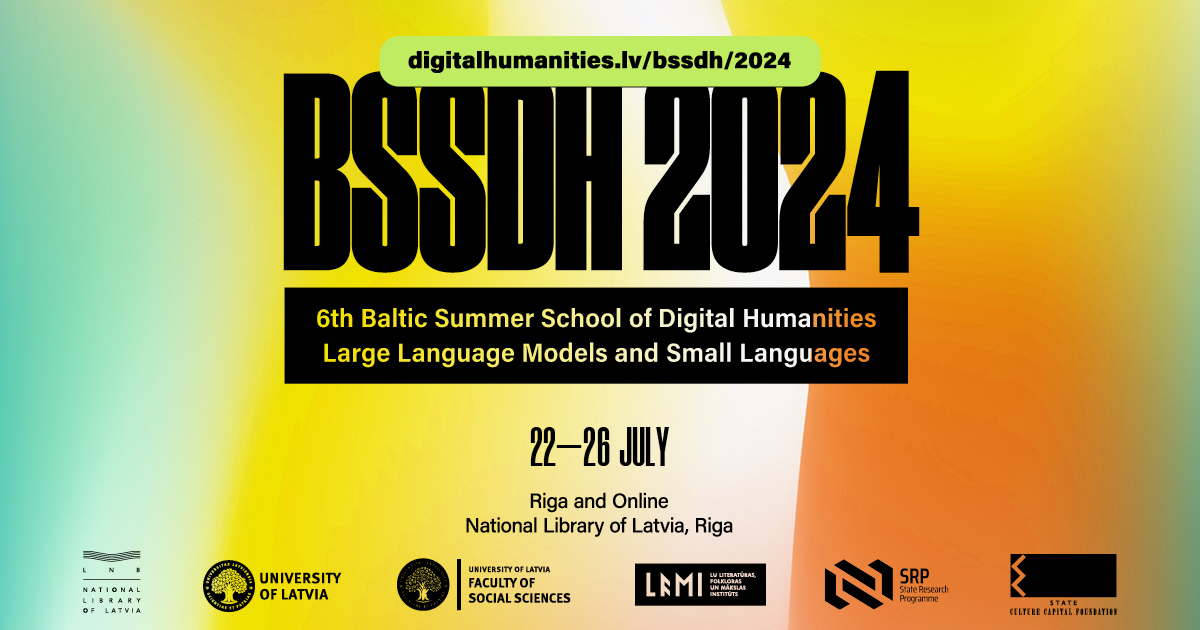
The sixth Baltic Digital Humanities Summer School was successfully held, attracting over 80 participants from 18 countries. The focus for this year's BSSDH was on large language models and minority languages. The educational program featured contributions from both international instructors and Latvian scholars and academics. The majority of participants attended in person, while others were able to join remotely. Recordings of lectures and workshops are available on the digitalhumanities.lv YouTube channel.
11.07.2024.
The latest episode of the Digital Research Series "Digitisation of Latvian Old Typefaces" is now available
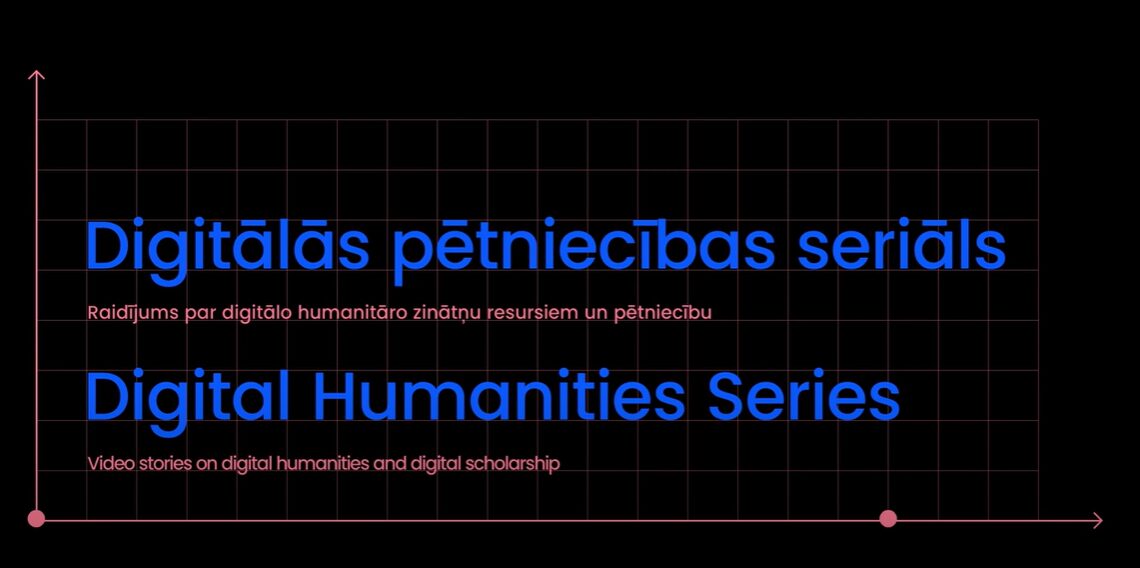
The latest episode of the Digital Research Series "Digitisation of Latvian Old Typefaces" is now available, which explores the history and digitisation of the Latvian old typeface - the Gothic script or fraktur script.
Old
typeface is nowadays perceived as something ancient and decorative, and many people do not even know how to read it anymore. To make texts printed in old
typeface readable for modern readers, they can be digitised and automatically converted into modern writing. However, this process is not easy and is linked to the history of the Latvian typeface, which has been one of exploration and experimentation.
The content of the series is created by Pauls Daija, Head of Research at the LNB, and Anda Baklāne and Valdis Saulespurēns, digital technology specialists and researchers.
The series is available here.
26.06.-28.06.2024.
Conference "Livonica 3 + Minor Finnic Languages 2 = 5"
The international conference "Livonica 3 + Minor Finnic Languages 2 = 5" was held in Riga. The conference was dedicated to research on the Livonians, their language, culture and history. The project was represented at the conference by Valts Ernštreits, researcher at LU LI, who presented a paper "
Using AI to expand limited linguistic data".
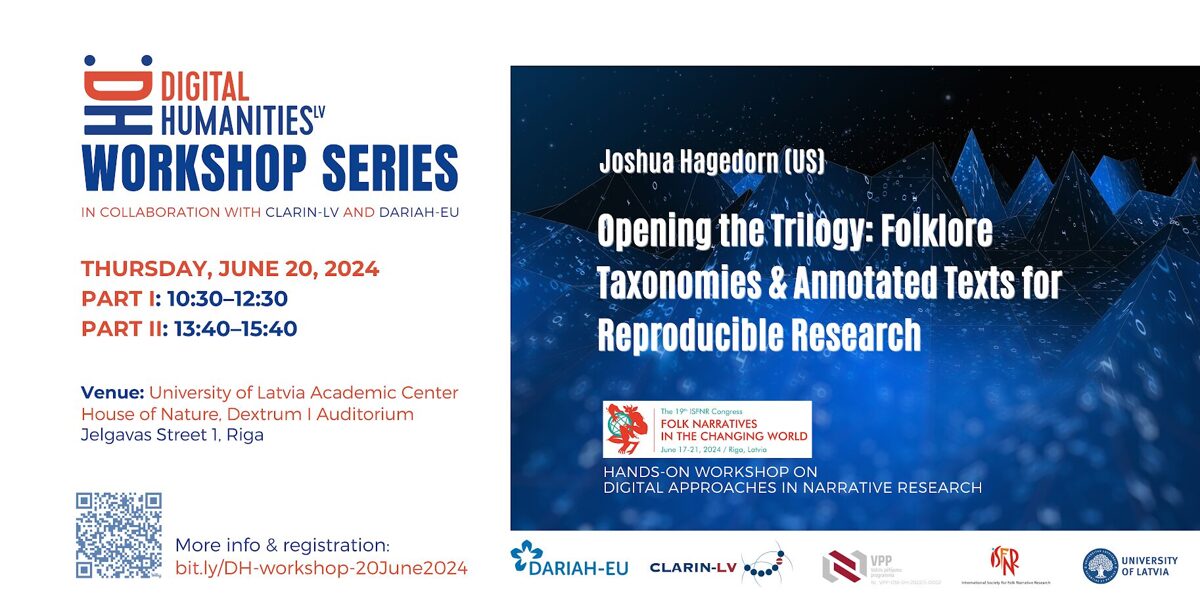
On June 20, within the framework of the Congress of the International Society for Research on Folklore Narratives (https://en.lfk.lv/isfnr2024), a digitalhumanities.lv workshop took place at the House of Nature of the Academic Centre of the University of Latvia, in collaboration with CLARIN-LV and DARIAH-EU.
It was moderated by independent researcher Joshua Hagedorn (USA). The hands-on workshop was particularly useful for folklore researchers and was focused on working with text corpora.
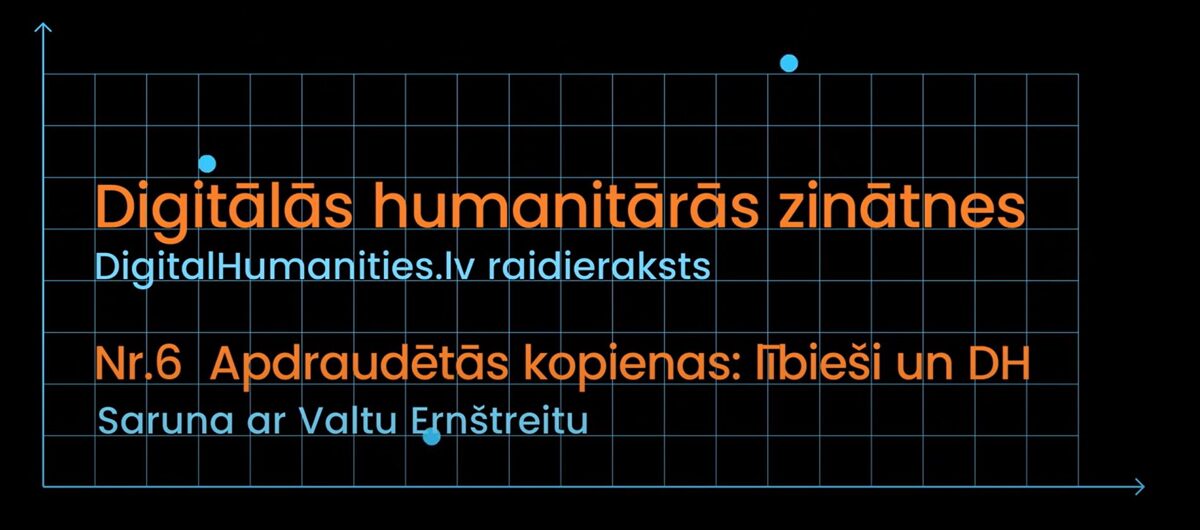
Episode 6 of the "Digital Humanities" podcast "Endangered Communities: the Livonian and DH" is published. Haralds Matulis speaks with Valts Ernštreits, Director of the LU LI.
Valts Ernštreits talks to Haralds Matulis about how the creation of digital resources helps to preserve and promote the Livonian language and culture. In working with low-resource languages, digital resources facilitate documentation, research and standardisation, speeding up access to data and research results. This approach enables more efficient use of resources, accessibility and the creation of a language environment with the possibility to communicate in Livonian, which is particularly important for the dispersed Livonian community and researchers. Future plans and challenges were also outlined during the discussion - speech synthesis, usability and interface design improvements of the digital resources.

The Association for the Advancement of Baltic Studies (AABS) Conference, hosted by Yale and New Haven Universities, took place on 13-16 June 2024, for the 29th time. The event brought together scholars focusing on the Baltic Sea region. The conference brought together participants from various fields in the humanities and social sciences, as well as education, technology, international security and welfare. The project was represented at the conference by Sanita Reinsone, Sanda Laime, Rita Grīnvaldes' paper "A Century of Networks: Archives of Latvian Folklore".
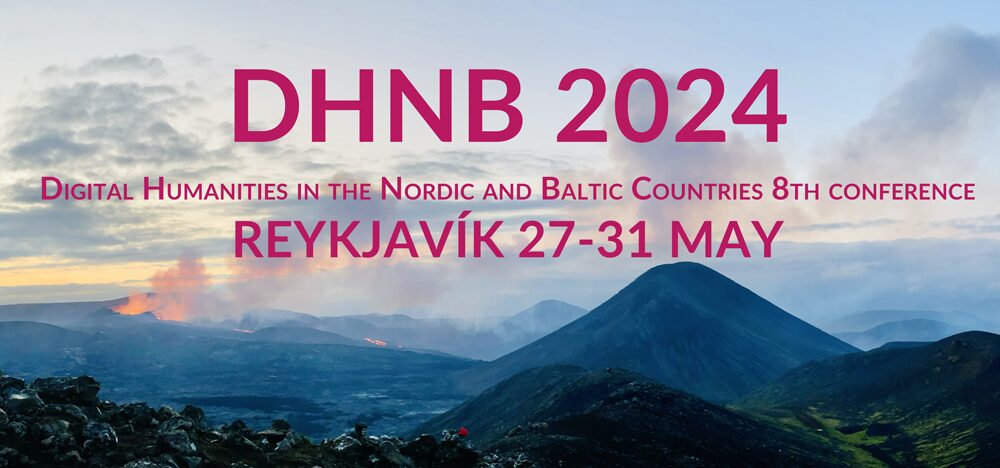
The 8th Nordic-Baltic Digital Humanities Conference (#DHNB2024) took place in Reykjavik, Iceland, from 27 to 31 May. The project was represented by the presentation "Representativity, Biases and Choices in Digital Corpora Curation: the Latvian Diary Corpus" by the young researchers from LU LFMI Haralds Matulis, Ilze Ļaksa-Timinska and Elvīra Žvarte, as well as presentations by LNB representatives Anda Baklāne, Valdis Saulespurēns "Baltic Summer School of Digital Humanities: Towards Collaborative Learning", "From Experimentation to Experience: Lessons Learned from the Intersections between Digital Humanities and Cultural Heritage" and "LatSenRom (1879-1940): the creation and iterations of the corpus of Latvian early novels"
24.05.-25.05.2024.
Nicole Nau participated in the conference "Contested Languages in the Old World"

The conference "Contested Languages in the Old World" took place in Warsaw (Poland), where RTA researcher Nicole Nau represented the project with her paper "Abstand and Ausbau in Latgalian language planning: theory and practice".
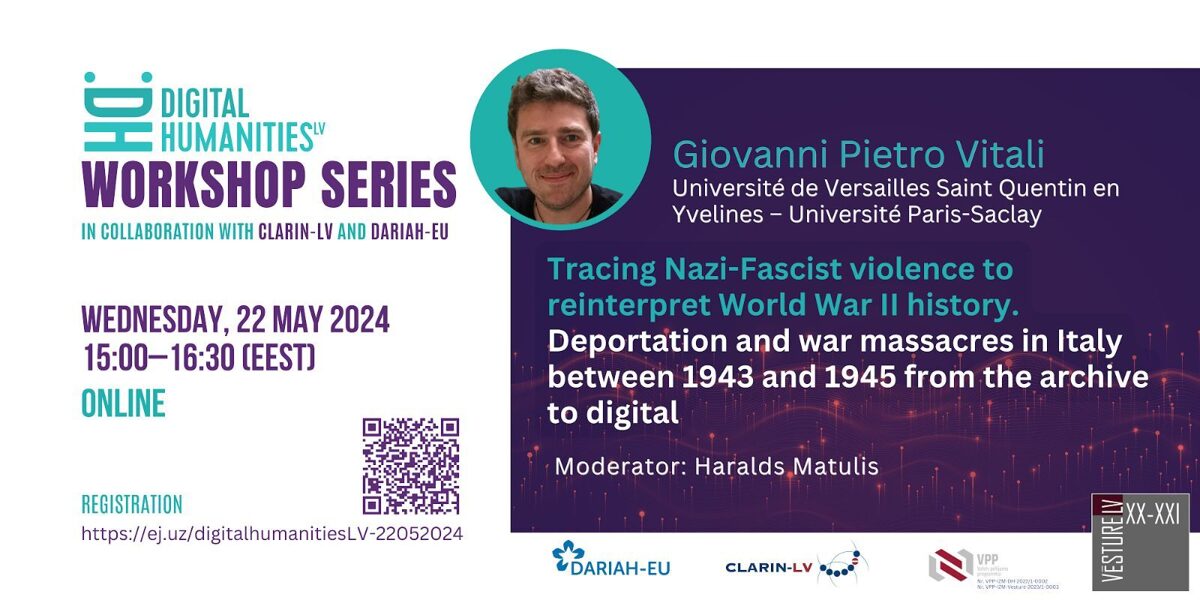
digitalhumanities.lv workshop, organised in collaboration with CLARIN-LV and DARIAH-EU, took place on May 22, 2024 focusing on intersection of DH and historical research. The theme "Tracing Nazi-Fascist violence to reinterpret World War II history. Deportation and war massacres in Italy between 1943 and 1945 from the archive to digital" was presented by Associate Professor Giovanni Pietro Vitali. The aim of this workshop was to analyse the work of the historian in the face of the sources and the possibilities offered by digital tools. Using data visualisation techniques, a five-year work with archival sources on the violence committed against civilians in Italy between 1943 and 1945 was presented.
10.05-11.05.2024.
Conference "Multilingualism in Latgale. Past - Present - Prospects for the Future"
The international conference "Multilingualism in Latgale. Past - Present - Prospects for the Future", which took place in Rēzekne and Varakļāni, the project was represented by Angelika Juško-Štekele, Antra Kļavinska, Sandis Laime paper "Changing language codes in Latgalian texts in the LFC digital archive garamantas.lv".
Programme available here.
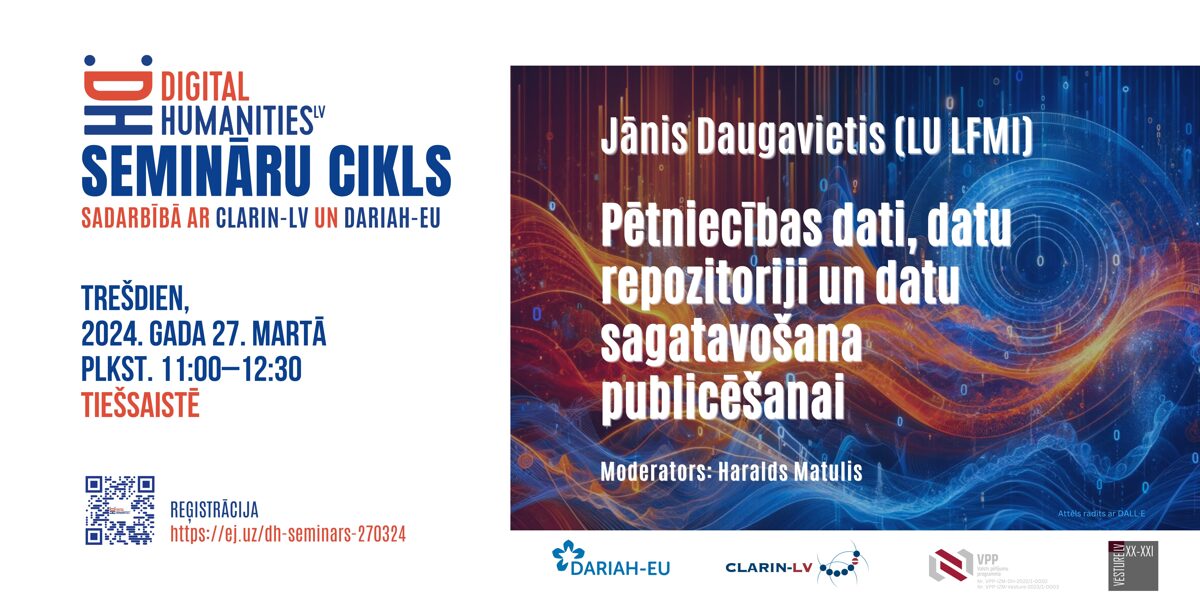
On March 27, the workshop "Research Data, Data Repositories and Preparing Data for Publication" of LU LFMI researcher Dr.sc.soc. Jānis Daugavietis took place in the digitalhumanities.lv workshop series implemented in collaboration with CLARIN-LV and DARIAH-EU. The workshop aimed to give researchers and students a deep overview of research data policy and practice.
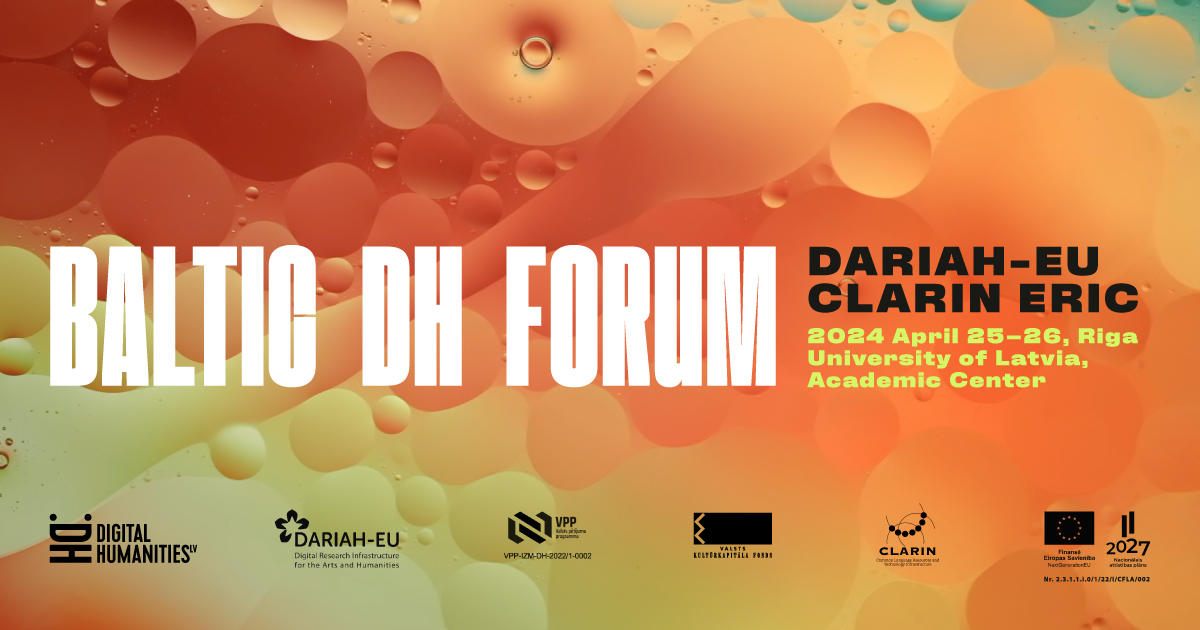
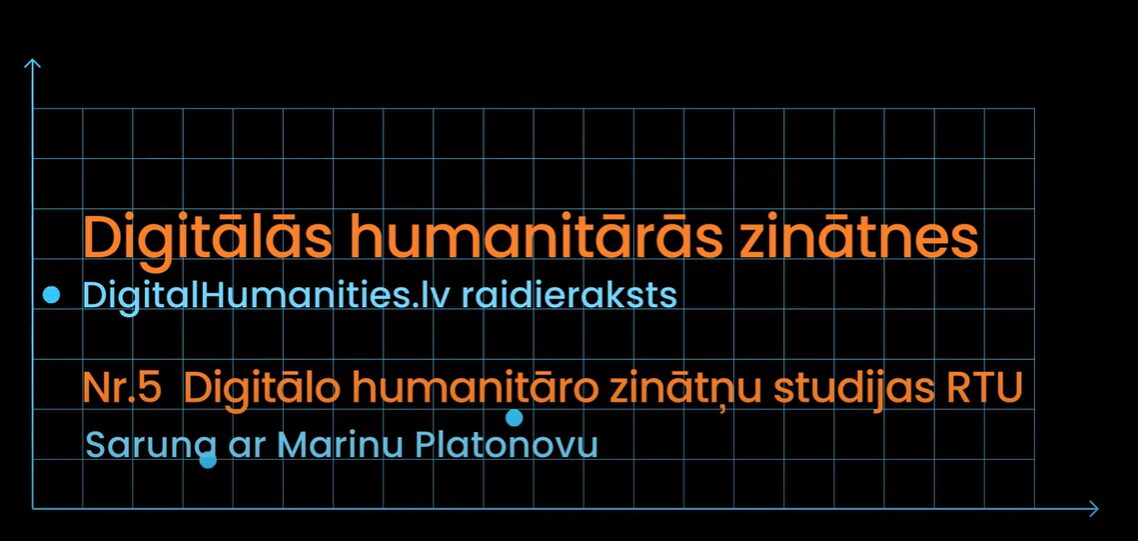
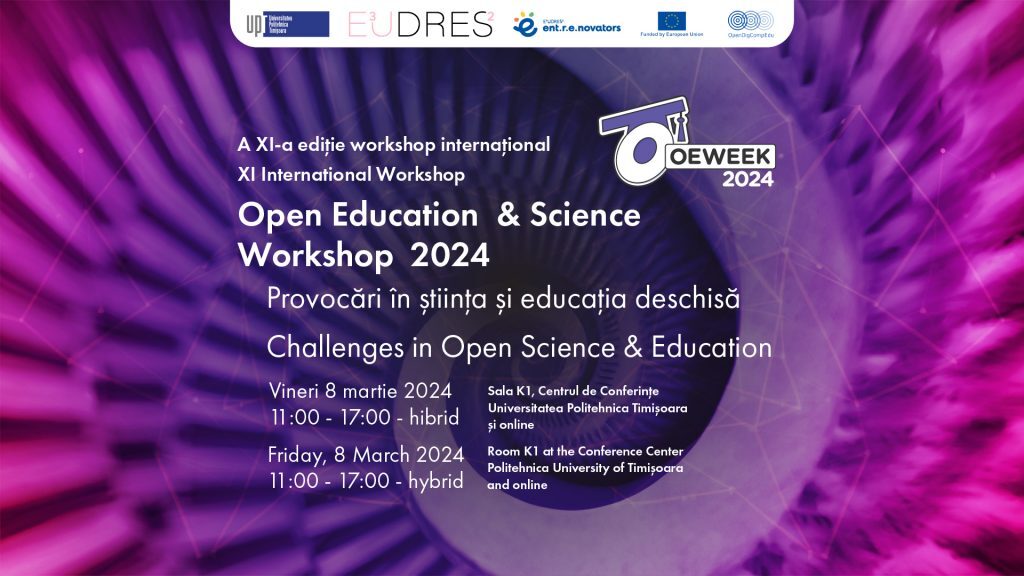
On 8 March 2024, the seminar "Challenges in Open Science & Education" took place in Timisoara (Romania), where Sanita Reinsone, Senior Researcher at LU LFMI, presented her paper "Experiences from the Digital Humanities in Open science projects".
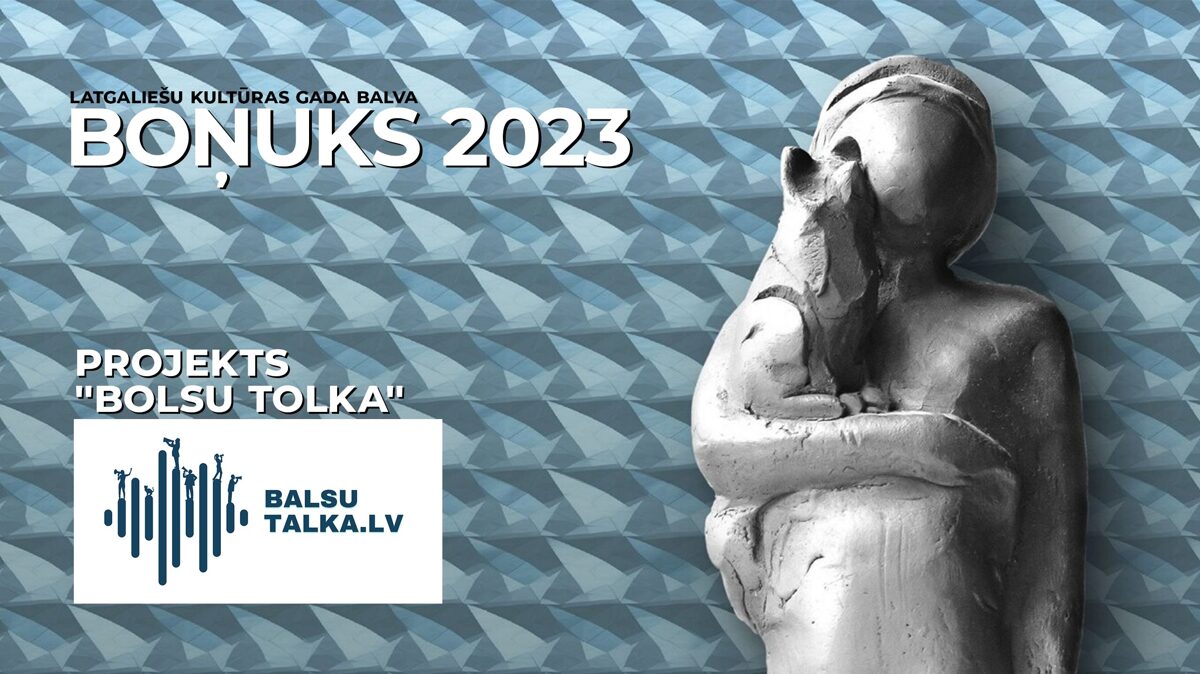
On March 2, the Embassy of Latgale "Gors" hosted the award ceremony of the Latgalian Culture Award "Boņuks 2023", which honoured the 10 most outstanding and significant events and personalities of the past year in Latgalian culture, including the project "Bolsu tolka", The authors of the project are RTA, but the
LU MII, LU LFMI, the Latvian Open Technology Association and the Latgalian cultural movement "Volūda" are also involved in its development and promotion.
19.02.-20.02.2024.
Conference "Collections as Data: collaborating across data spaces for cultural heritage and open science"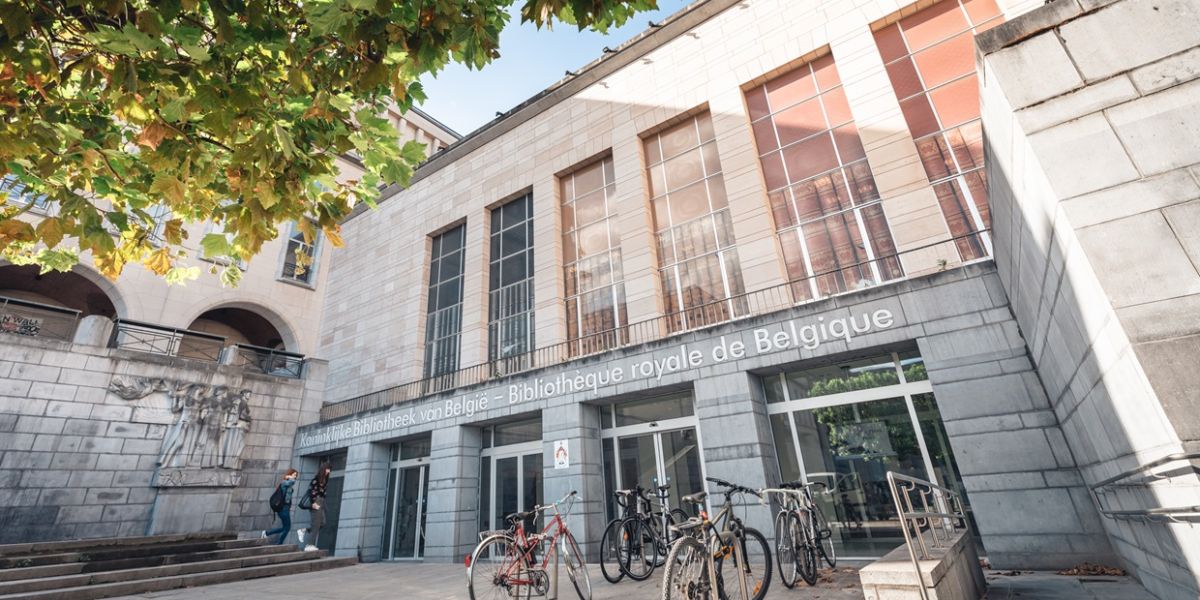
The conference "Collections as Data: collaborating across data spaces for cultural heritage and open science", organised by the Royal Library of Belgium and the Europeana Foundation, offered a unique opportunity for European national libraries to explore and discuss their role in a common European data space for cultural heritage, European Open Science clouds and more. The project was represented by Anda Baklāne, LNB researcher, who presented "LatSenRom (1879-1940): Latvian Early Novels".
01.02.2024.
Episode No.4 of the Digital Humanities podcast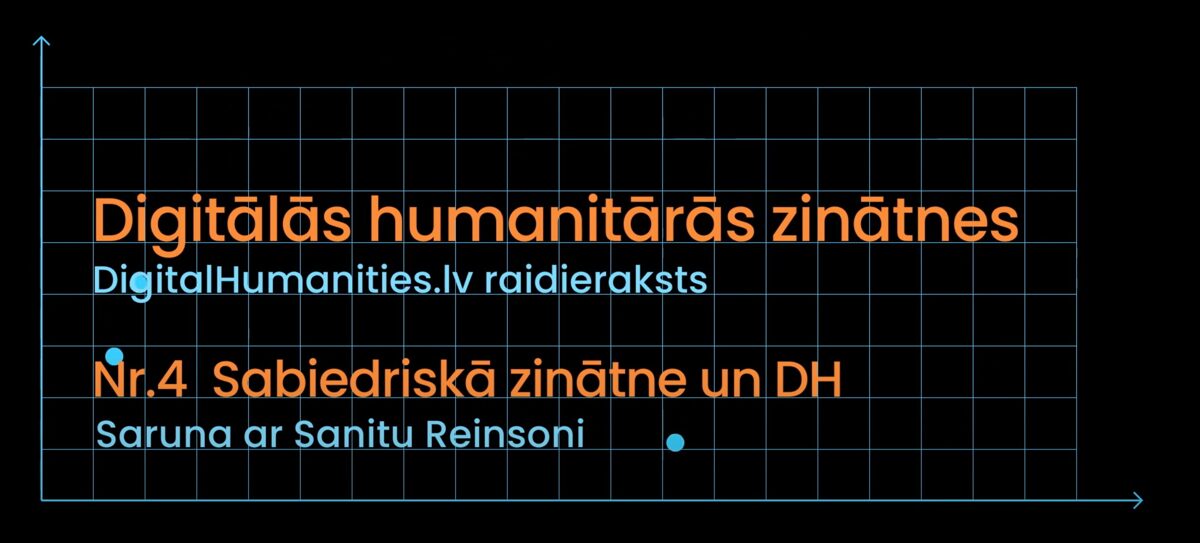
Episode 4 of the "Digital Humanities" podcast "Citizen Science and DH", in which Haralds Matulis talks to Sanita Reinsone, senior researcher at LU LFMI and head of the institute's digital humanities research group.
The fourth episode of "Digital Humanities" is dedicated to citizen science – both its general definition and its characteristics in the Latvian context. The host Haralds Matulis interviews digital humanities researcher Sanita Reinsone about the current citizen science campaign "Balsu talka", together revealing the profiles of collaborators and researchers, as well as the importance of the quality of data collected or interpreted in citizen science. in this episode Sanita and Haralds also touch upon the relationship between digital humanities, open science and citizen science, as well as highlight several other research-initiated citizen science campaigns, where everyone is invited to get involved and find their favourite activity.
31.01.2024.
Participation in the session "Grammar and Electronic Language Resources"
In the 82nd International Conference of the University of Latvia "Grammar and Electronic Resources of Language" the project was represented by a presentation "Digital Methods for Detecting Language Changes (example of Livonian)" by Milda Kurpniece, researcher at the LU LI.
Programme here.
31.01.2024.
Apply for a study course "Introduction to Digital Humanities"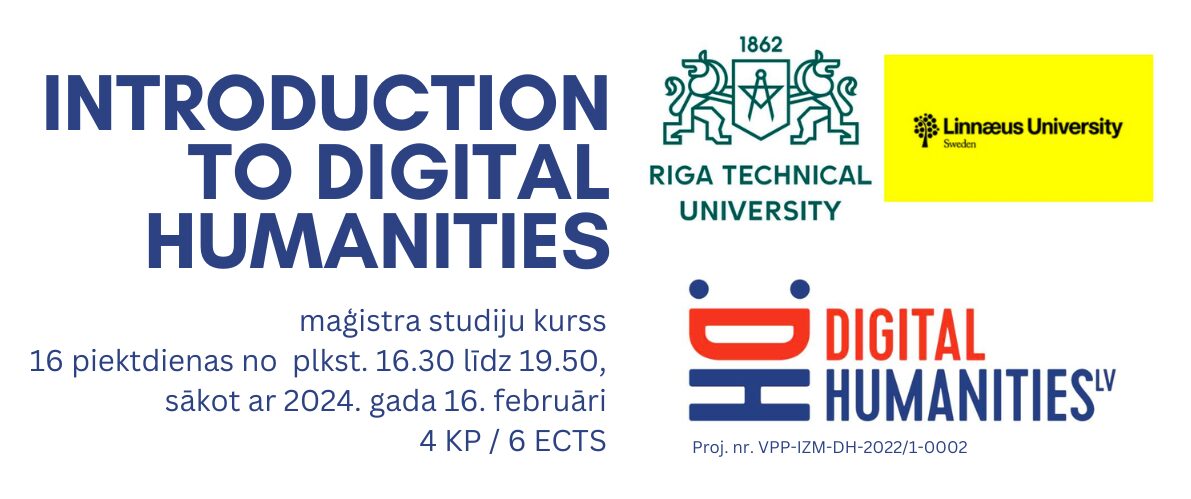 Riga Technical University international master's degree programme "Digital Humanities" offers the opportunity to participate in the course "Introduction to Digital Humanities", which will be taught in the spring semester 2024 by lecturers Ahmad Kamal and Patrick Gavin from Linnaeus University (Linnéuniversitetet) in Sweden. This course has been running for several years and the feedback from students has been excellent!
Riga Technical University international master's degree programme "Digital Humanities" offers the opportunity to participate in the course "Introduction to Digital Humanities", which will be taught in the spring semester 2024 by lecturers Ahmad Kamal and Patrick Gavin from Linnaeus University (Linnéuniversitetet) in Sweden. This course has been running for several years and the feedback from students has been excellent!
This semester we are offering 10 places for students from other universities or anyone interested. It is also possible to get credit points – the course is 4 CP or 6 ECTS.
Application deadline 14 February 2024 at 12:00
Online lectures will start on 16 February 2024, in English, for a total of 16 weeks, every Friday from 16.30 to 19.50
If you are interested, please apply by filling in this form: https://ej.uz/Intro-DH-2024
25.01.2024.
ILFA UA senior researcher Sanita Reinsone participates as keynote speaker at humanities conference organised by Daugavpils University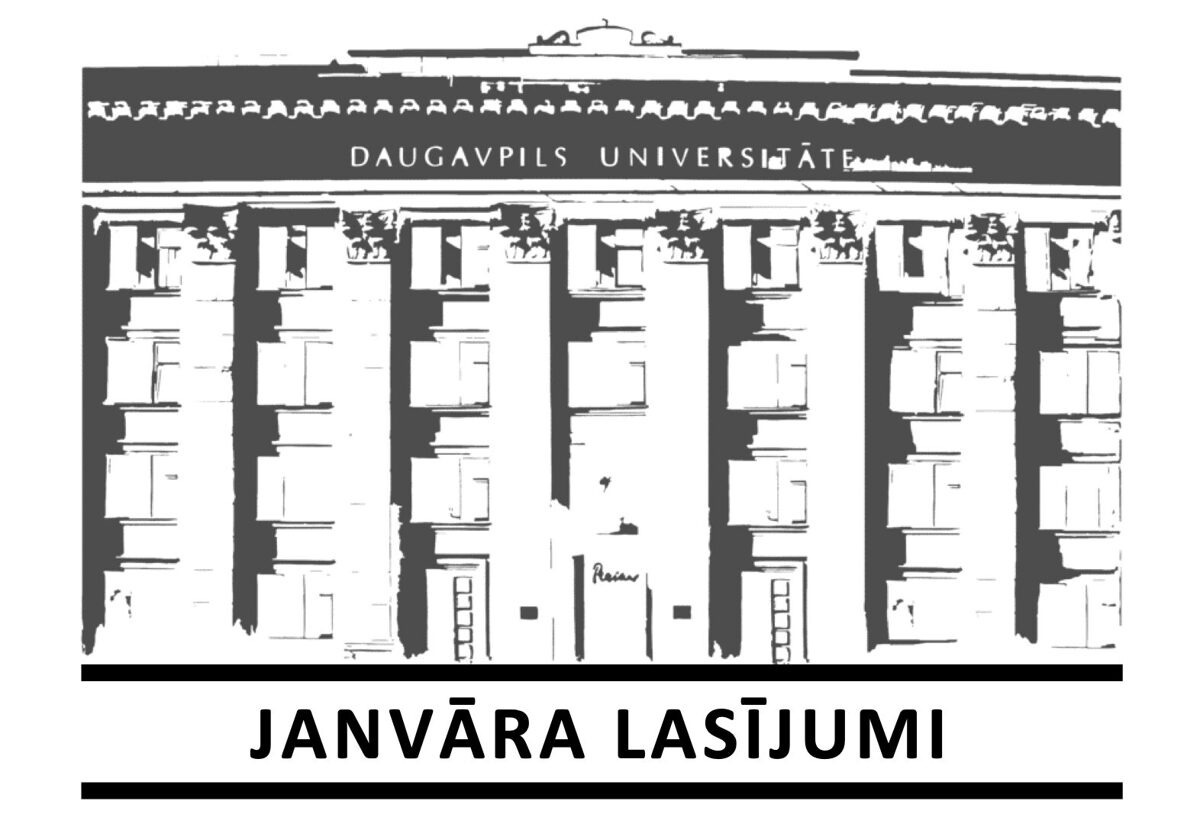
On 25-26 January 2024 Daugavpils University gathered Latvian and foreign researchers in the humanities for an international conference, where as the keynote speaker with lecture "Digital Humanities in Latvia: Recent Developments, Trends, Perspectives" participated Sanita Reinsone, senior researcher at LU LFMI. More about the event: https://lasijumi.du.lv/en
12.01.2024.
Anta Trumpa and Renāte Siliņa-Piņķe, researchers of the Latvian Language Institute, participate in the seminar "Latvian Articles and Writings in the Baltics in the 16th-19th Centuries – Research Topics and Problems"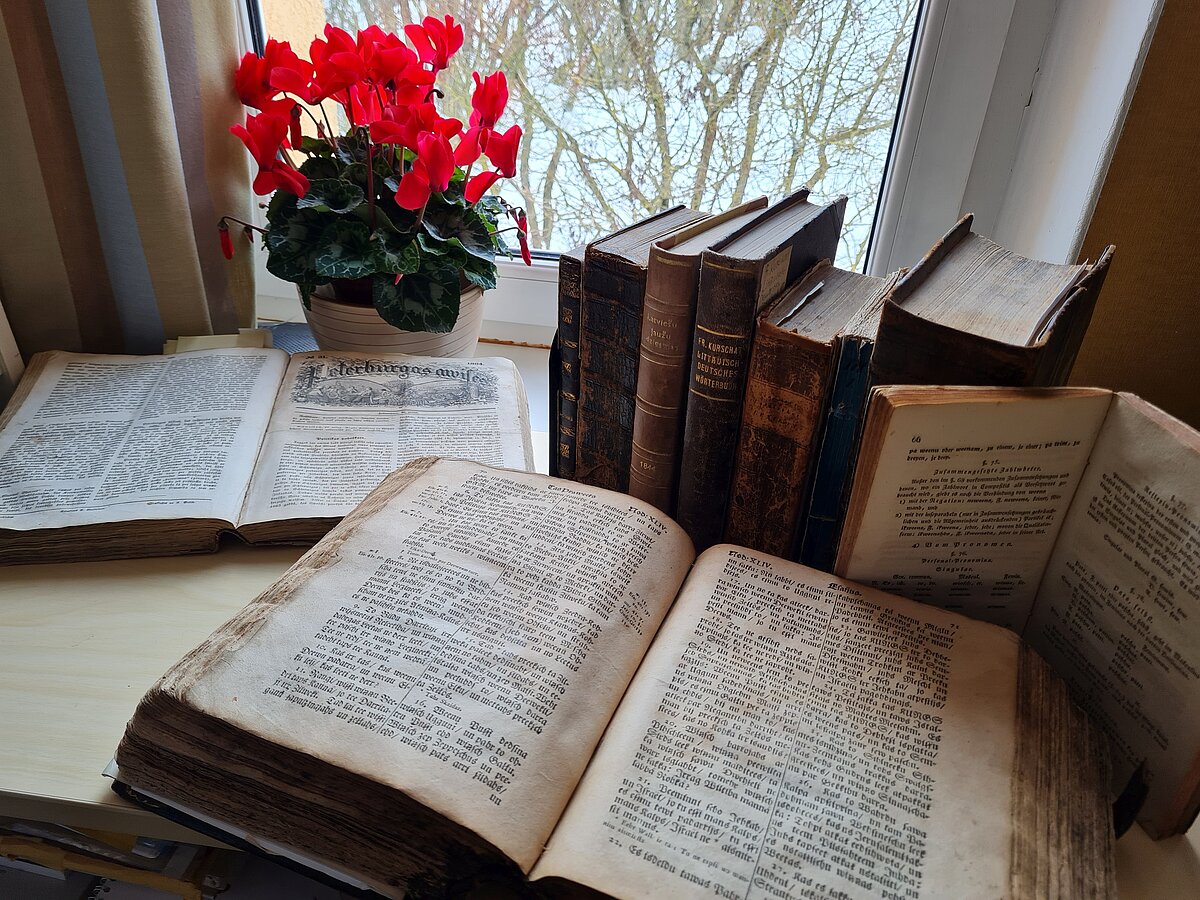
On 12 January 2024, the fourteenth international seminar "Latvian Writings and Writings in the Baltics in the 16th-19th Centuries – Research Topics and Problems" was held, which was devoted to the research of writings of the earlier centuries from various aspects. Anta Trumpa and Renāte Siliņa-Piņķe, researchers at LU LaVI, also took part in the event with their presentation "New search possibilities in the SENIE corpus: a presentation".
This year, as last year, the seminar was organised by the Faculty of Humanities of the University of Latvia in cooperation with the LU LaVi and the LNB. Linguists and literary scholars from universities and research institutions in Latvia, Lithuania and Sweden took part in the interdisciplinary seminar. The presentations focused on newly discovered and lesser-known early Latvian manuscripts, the contribution of G. Mancelis and several other personalities to the development of Latvian language and literature, as well as on some issues of the history of the Latvian lexicon. Several papers were also devoted to Latin and Greek texts of the 16th-18th centuries, as well as to the reception of Middle High German texts. Researchers also presented the corpus of ancient Latvian and Lithuanian texts and innovations in their use. More about the event: https://www.hzf.lu.lv/par-mums/lu-mediji/zinas/zina/t/82301/
19.12.2023.
Baltic DH Forum Calls for Participation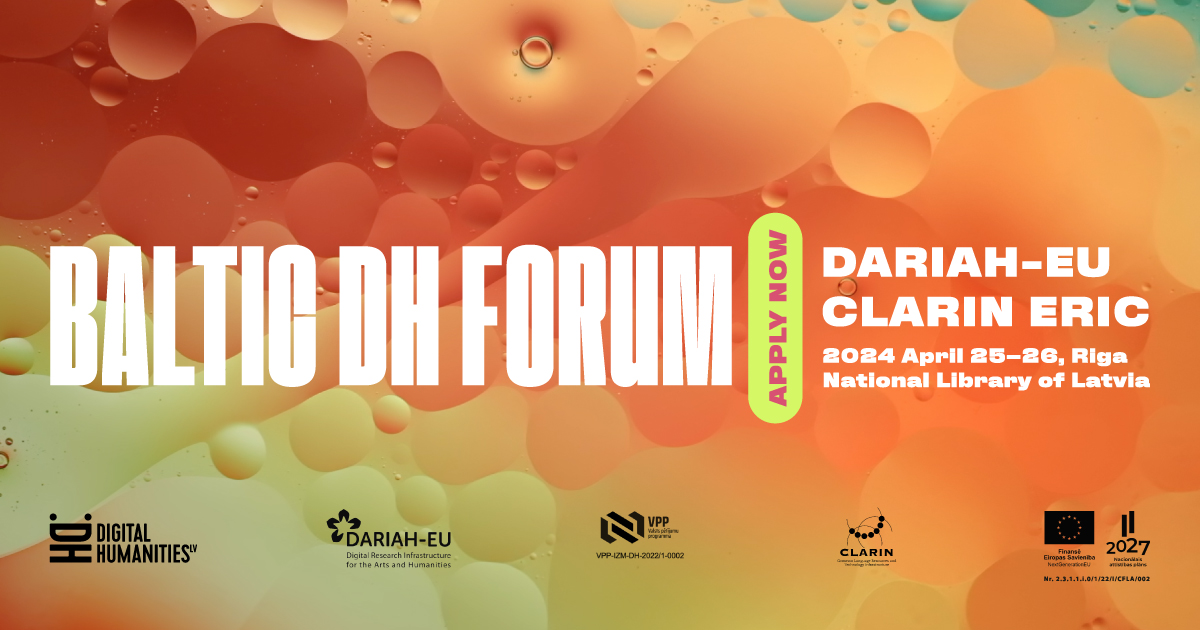
Digital humanities researchers, practitioners and developers are invited to participate in the Baltic DH Forum scheduled for April 25–26, 2024 in Riga!
Digital humanities have become a solid part of the research landscapes in the Baltic countries. Over the recent decades, this transformation has been evident through the vibrant and enthusiastic DH communities, the emergence of new research groups and centers, and the increasing presence of digital humanities courses and programs in higher education. This marks the right time for the digital humanities communities of the three Baltic States to come together, to look at how and in what directions DH has developed in our countries, to reflect on what is relevant today and to project what lies ahead in the near future.
The Baltic DH Forum spans two days, with the first day hosting sessions by speakers from Baltic DH communities and European infrastructures. The second day focuses on networking, presenting DH projects, digital tools, and educational initiatives, complemented by workshops on collaborative projects and fundraising strategies.
Apply now for participation in the Baltic DH Forum's "Demonstration and Networking Session" on the second day here by submitting a 200–250-word abstract in one of 3 categories – DH resource or tool, a Research Project, or an Educational initiative. Submissions across diverse areas related to digital humanities are encouraged!
Contact information: [email protected]
07.12.2023.
Researchers Valts Ernštreits and Milda Kurpniece from UL Livonian Institute participates in a small languages' symposium in Munich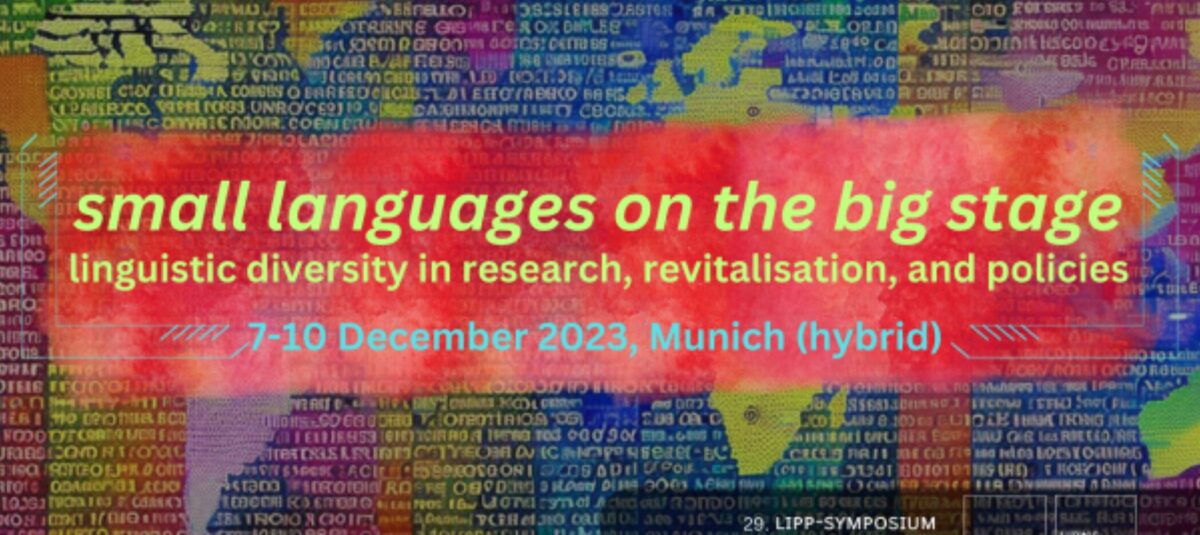 The 29th LIPP Symposium "Small Languages on the Big Stage" took place in Munich from 7 to 10 December 2023, where the "DHELI" project was also represented by researchers from the LU LI, Valts Ernštreits and Milda Kurpniece, with their paper "A balanced vocabulary without a balanced corpus: the Livonian case". More about the event: https://www.symp.gwi.uni-muenchen.de/
The 29th LIPP Symposium "Small Languages on the Big Stage" took place in Munich from 7 to 10 December 2023, where the "DHELI" project was also represented by researchers from the LU LI, Valts Ernštreits and Milda Kurpniece, with their paper "A balanced vocabulary without a balanced corpus: the Livonian case". More about the event: https://www.symp.gwi.uni-muenchen.de/
06.12.2023.
Third digitalhumanities.lv seminar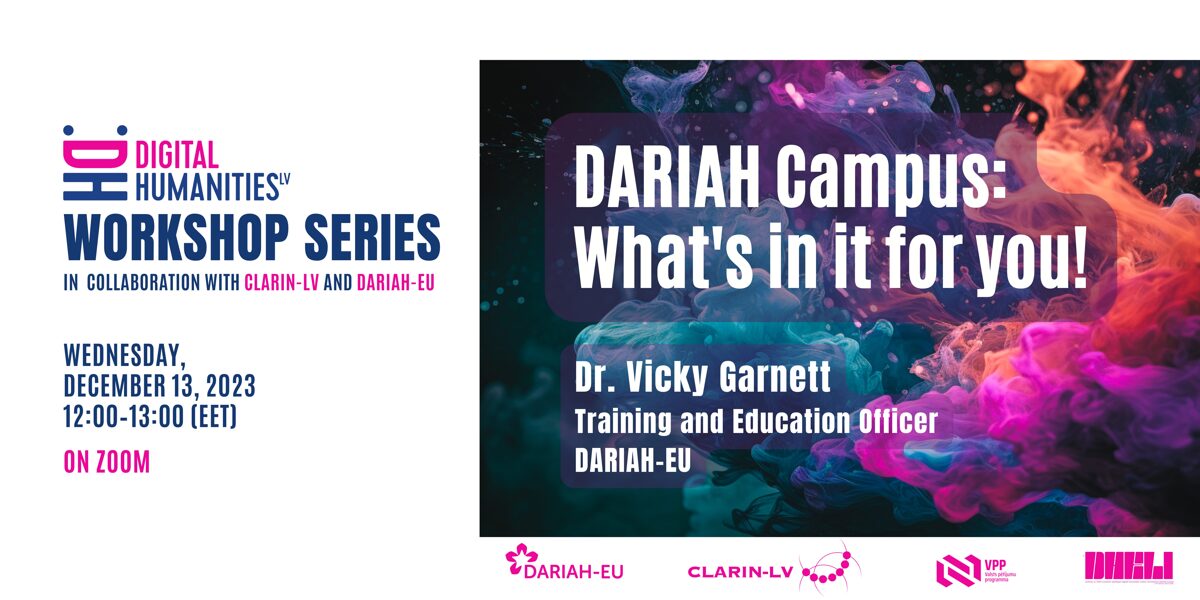
27.11.2023.
Stuart Dunn's online seminar on methodological pluralism
23.11.2023.
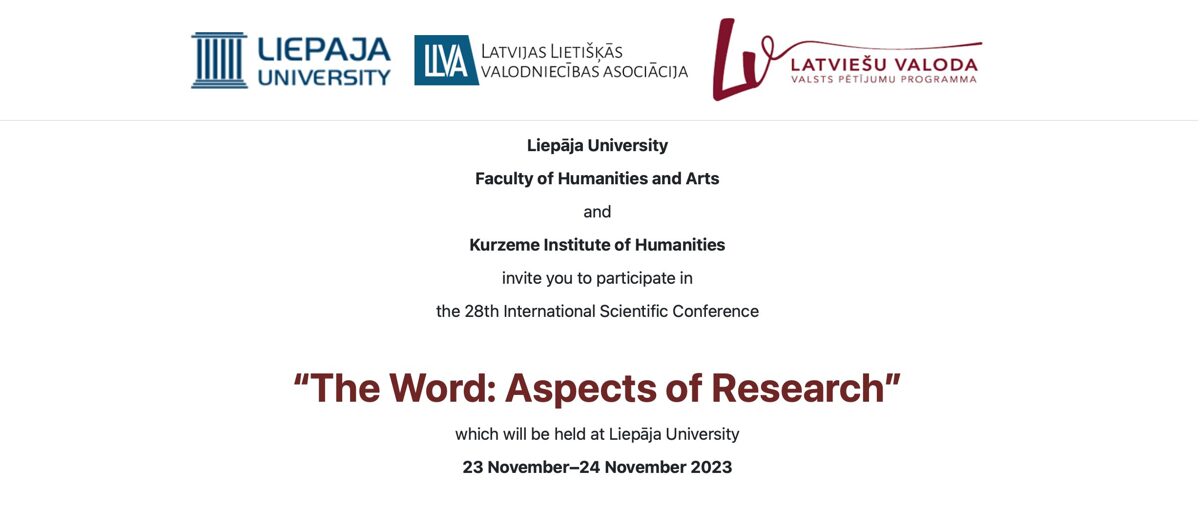
On 23 and 24 November 2023, the 28th international scientific conference "The Word: Aspects of Research" (Vārds un tā pētīšanas aspekti) was held at the Liepaja University, with the participation of two "DHELI" project researchers – professor Sanita Martena from the RTA with the paper "Linguistic Landscape in Linguistics and Language Education: household names of Vērēmi parish" and linguist Nicole Nau with the paper "Language diversity as a challenge in lexicography: the Latgalian thesaurus". More information about the event: https://vards.liepu.lv/
21.11.2023.
Episode No.3 of the Digital Humanities podcast
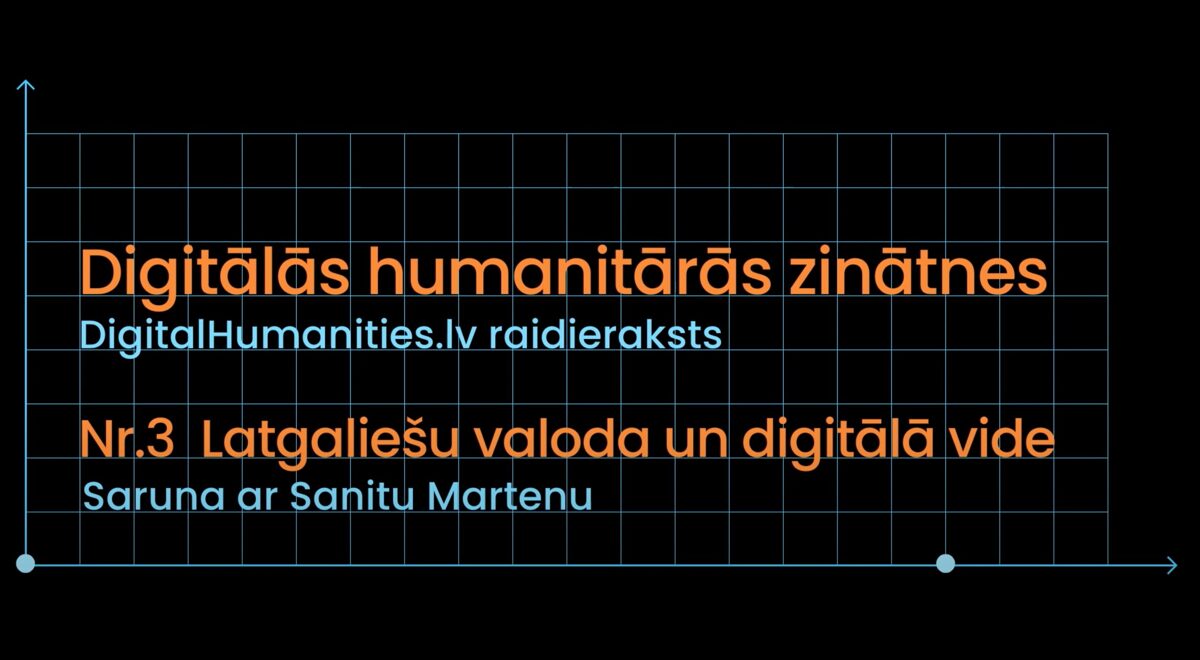
The third episode of the "Digital Humanities" podcast "Latgalian language and the digital environment" is out, in which Haralds Matulis talks to Sanita Martena, professor of Applied Linguistics from RTA. The recording is available on the YouTube channel "Digital Humanities in Latvia".

The CERN Baltic Conference (CBC) is an annual event hosted by one of the higher education or research institutions from the CERN Baltic Group (CBG), with the aim of connecting and growing the scientific community in the Baltic states, working on CERN-related research topics.
The project was represented by Valts Ernštreits, researcher at LU LI, with his presentation "Building the Future Diversity: the University of Latvia Livonian Institute".
The international conference "Finnic Contacts" took place in Tartu, bringing together representatives from various sectors from Estonia and abroad. Milda Kurpniece from the LU LI participated in the conference with her presentation "Livonian jussive in an areal context".
26–27.09.2023
#DigitalBio2023: Life Narrative and the Digital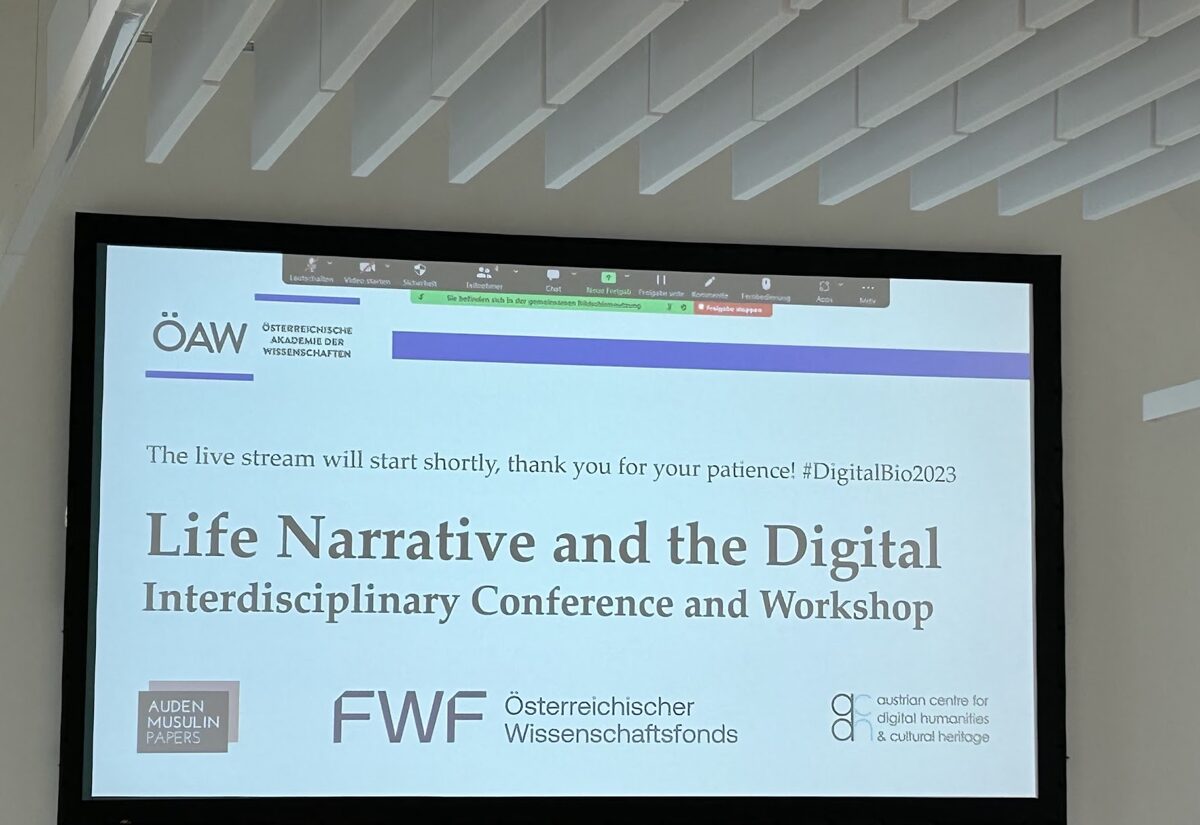
At the end of September, senior researcher Sanita Reinsone, along with researcher Ilze Ļaksa-Timinska and research assistant Haralds Matulis from LU LFMI, participated in a workshop and conference organized by the Austrian Center for Digital Humanities and Cultural Heritage. The event was dedicated to life narratives in the context of technology, and they presented a prelude titled "Navigating the Methodological Complexities: Building a Diary Text Corpus" and shared their experience in creating the ALF Autobiography Collection.
19–22.09.2023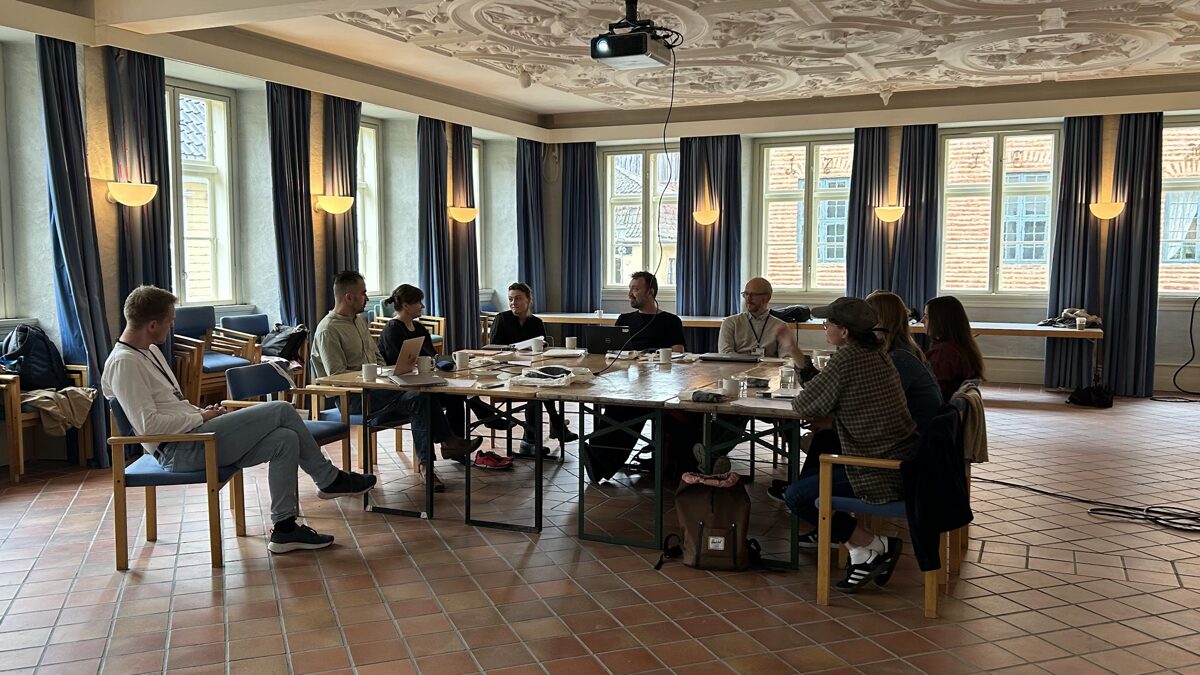
LU LFMI senior researchers Sanita Reinsone and Rita Grīnvalde, and the lead developer Uldis Ķirsis, participated in an experience exchange seminar organized by the Ethnological Research Center of the Norwegian Museum of Cultural History (Norsk Folkemuseum). The seminar focused on digital engagement tools, the formation of virtual volunteer communities, and collaboration with them.
12.09.2023
Conference "Recent Language Resources and Tools for Digital Humanities" 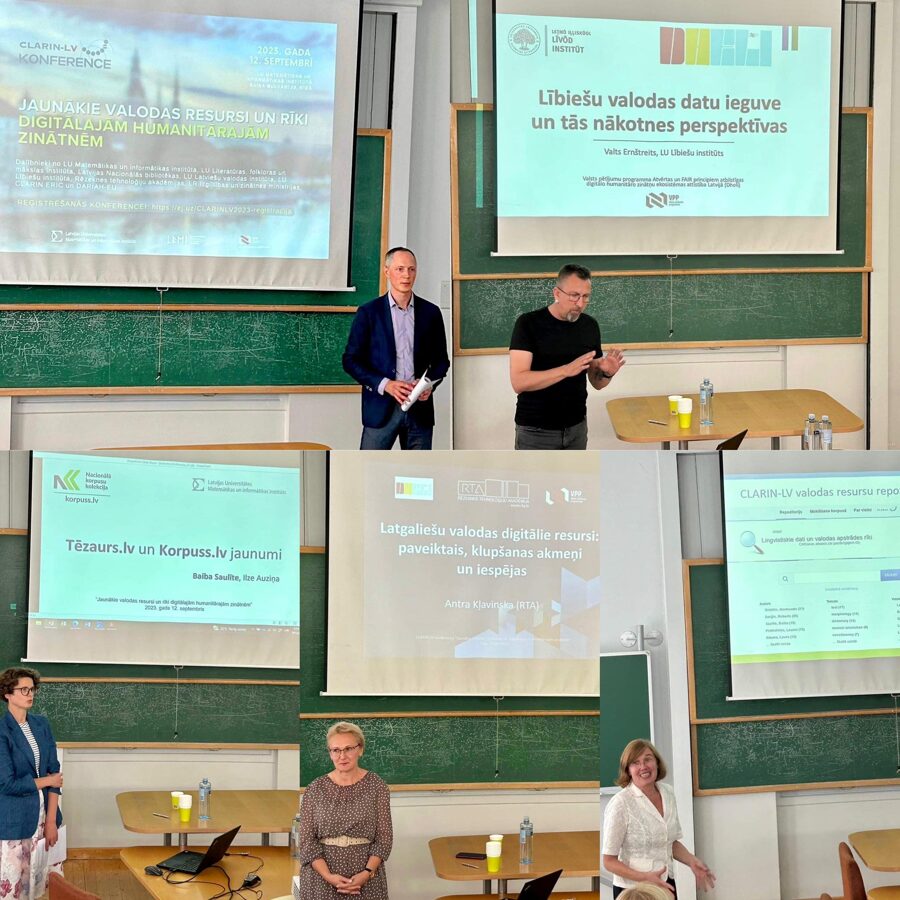
24.08.2023.
Registration for the conference "Recent Language Resources and Tools for Digital Humanities"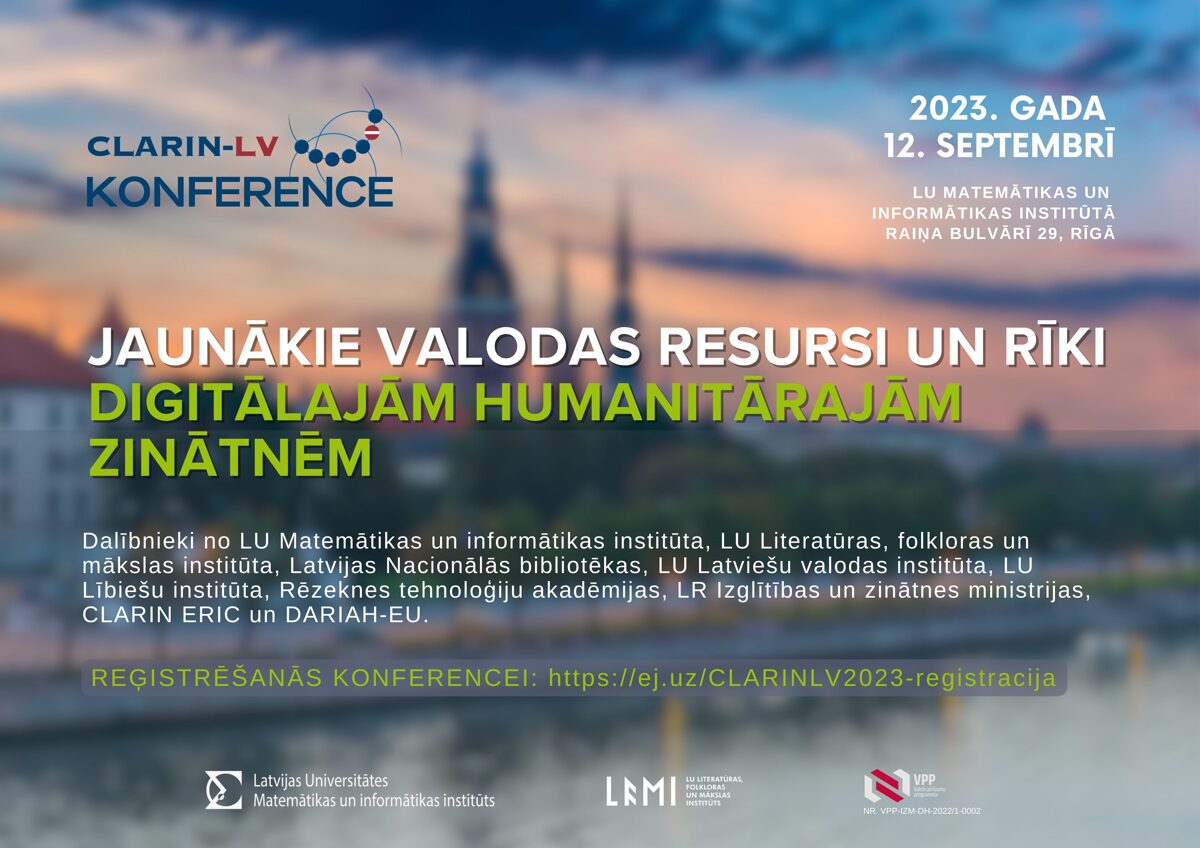
We invite you to participate in the conference "Recent Language Resources and Tools for Digital Humanities", which will take place on 12 September 2023, 13.00-17.00, at the LU MII, 29 Raiņa Boulevard. Conference registration: https://ej.uz/CLARINLV-registracija
More about the conference programme: https://clarin.lv/lv/
23.06.2023.
Episode No.2 of the Digital Humanities podcast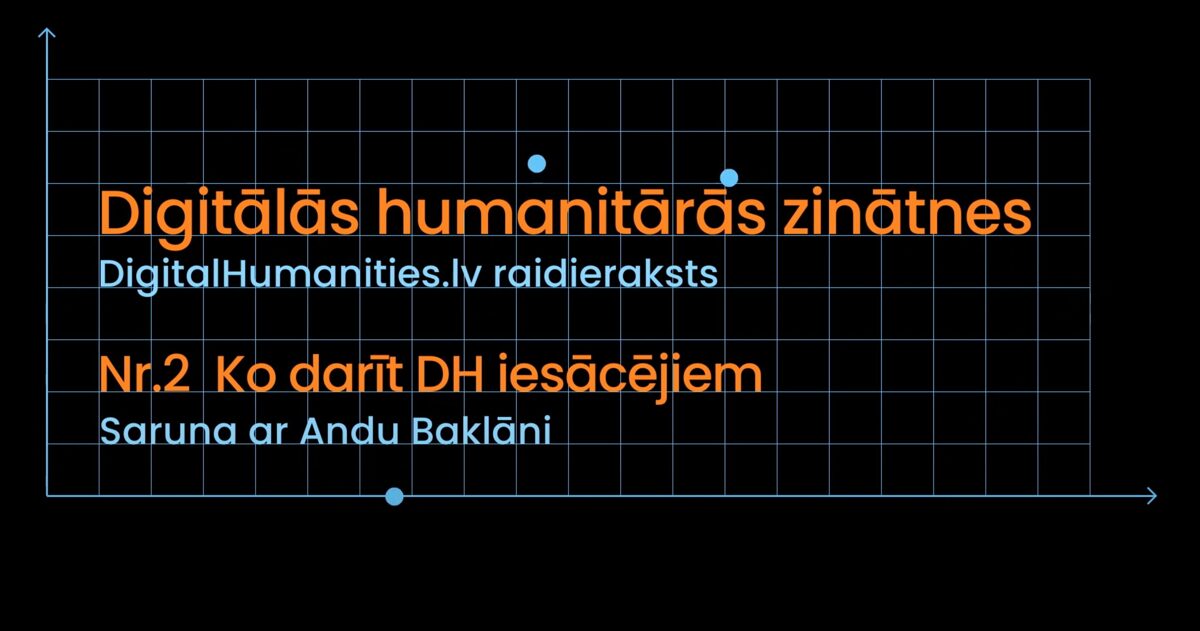 The second episode of the "Digital Humanities" podcast "First steps for DH newbies" is out, in which Haralds Matulis talks to Anda Baklane, Head of Digital Research Services at the LNB. The recording is available on the YouTube channel "Digital Humanities in Latvia".
The second episode of the "Digital Humanities" podcast "First steps for DH newbies" is out, in which Haralds Matulis talks to Anda Baklane, Head of Digital Research Services at the LNB. The recording is available on the YouTube channel "Digital Humanities in Latvia".
20.06.2023.
Applications for the Baltic Summer School of Digital Humanities open until 10 July
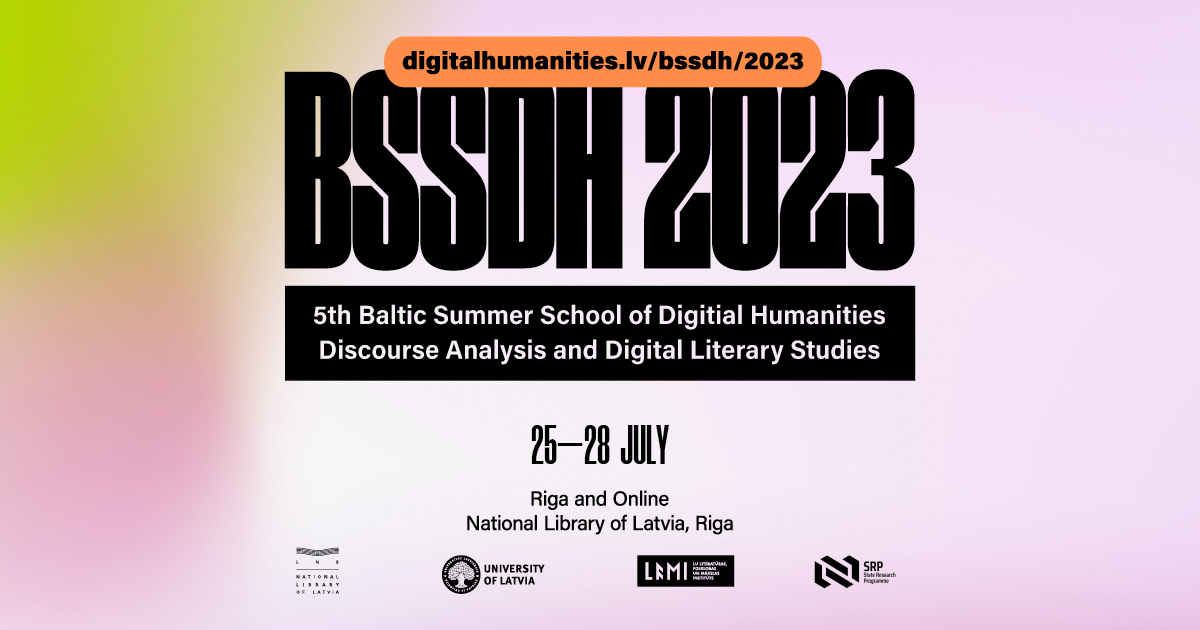
From 25 to 28 July, the DHELI project will host the Baltic Summer School of Digital Humanities (BSSDH2023) in Riga. We encourage applications from students and researchers who might be interested in the following topics:
- Data visualisation with Tableau and Gephi;
- Data mining from web humanities research with Scrapy and Beautiful Soup;
- programming basics with Python for humanities researchers.
Full summer school programme: http://www.digitalhumanities.lv/.../lectures-and-workshops/
Registration information (deadline for applications is 10 July, but we will close earlier if all places are filled): http://www.digitalhumanities.lv/bssdh/2023/about/
23.05.2023.
Helsinki Digital Humanities Hackathon #DHH23
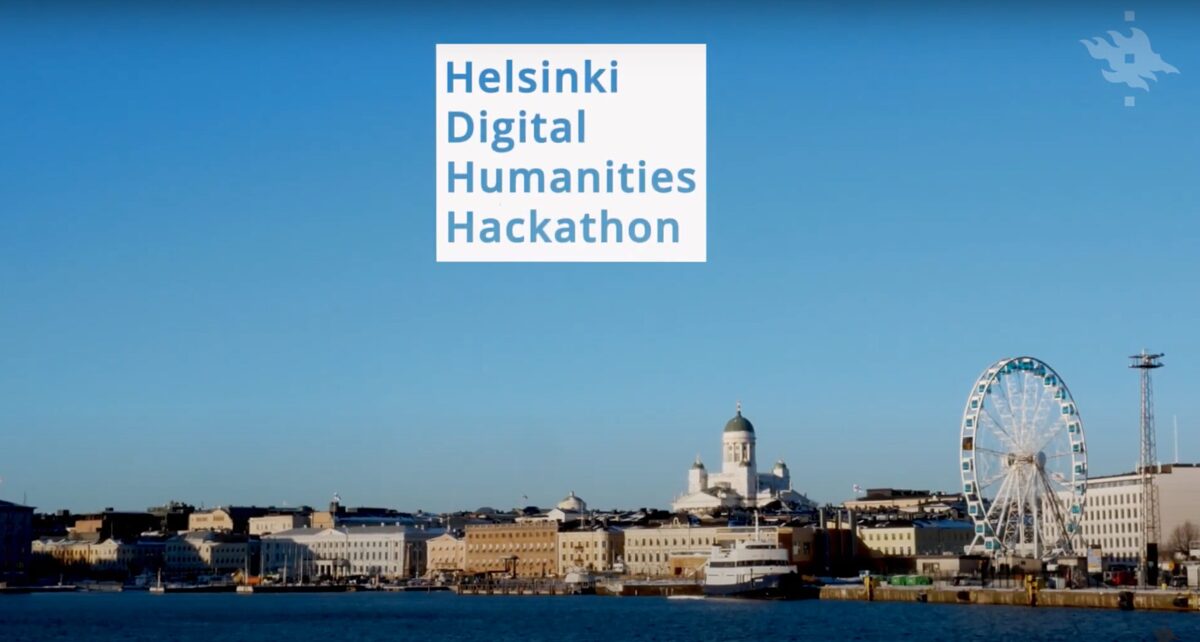
From May 23 to June 3, a hackathon on digital humanities was held in Helsinki, which was attended by Haralds Matulis, the coordinator of the DHELI project.
Haralds reports on his experience in Helsinki: "Around 50 people from different countries participated in the hackathon, divided into four research groups. I participated in the 'Interactional Dynamics of Online Discussions' group. The research data came from an 'incel' forum. The aim of the study was to investigate how forum participants communicate, what makes for constructive and non-constructive discussions, what understandings there are of their own group and external groups, what language structures are used to achieve discussion goals. During the study, various methods of digital humanities were tested and applied to internet forum data. Participating in the hackathon gave me the opportunity to test several digital humanities methods in practice and to take part in data processing workflows carried out by research group members - using methods such as sentiment analysis, topic modeling, registry research, corpus linguistics, and working with large data sets."
More information about the hackathon: https://www.helsinki.fi/en/digital-humanities/dhh23-hackathon/dhh23-themes
18.05.2023.
Episode No.1 of the Digital Humanities podcast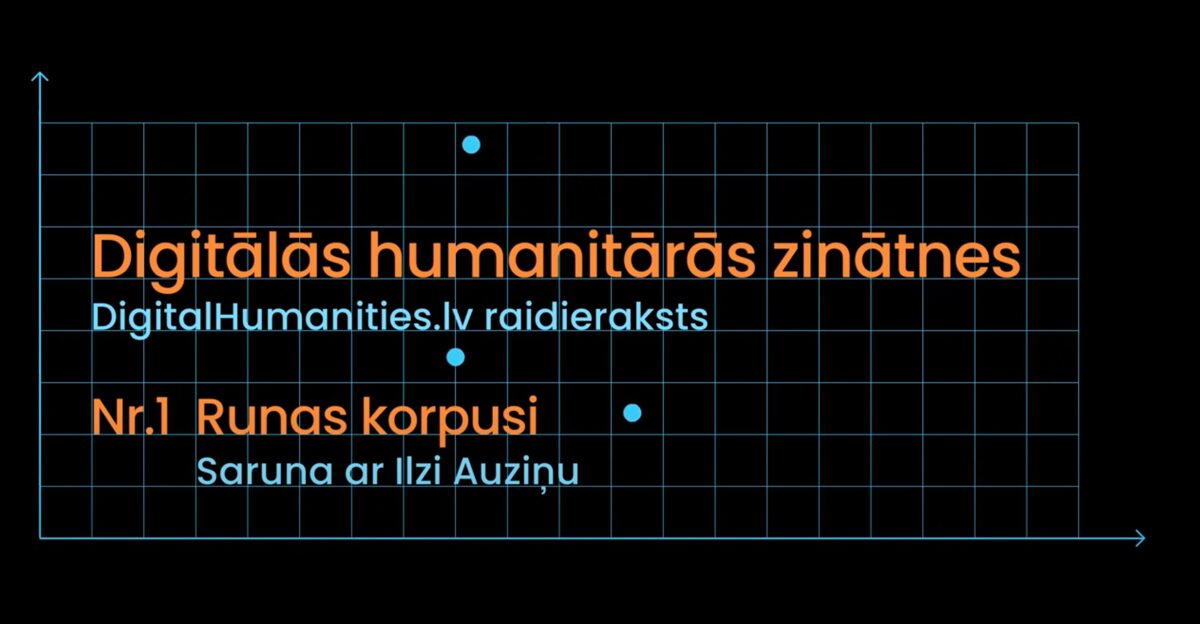
The first episode of the Digital Humanities podcast "Speech Corpora" has been released, in which Haralds Matulis talks to Ilze Auziņa, a senior researcher at the LU MII. The recording is available on the YouTube channel "Digital Humanities in Latvia", the Spotify channel "Klausītava" and the LNB SoundCloud digital repository. The first programme is devoted to the study of speech corpora today, the history of text and speech corpora, the specifics of live language research and artificial intelligence training in Latvian. The host Haralds Matulis interviews Ilze Auziņa, a senior researcher at the LU MII, about speech recognition in Latvian, and how philologists and other humanities-trained researchers can enter the field of computational linguistics and language technologies. In the "Digital Humanities" podcast, we talk to interesting DH personalities about the latest DH research in Latvia. The podcast is jointly organised by the Institute of Literature, Folklore and Art of the University of Latvia and the National Library of Latvia.
02.05.2023.
Workshop on the development and use of speech corpora on 18 May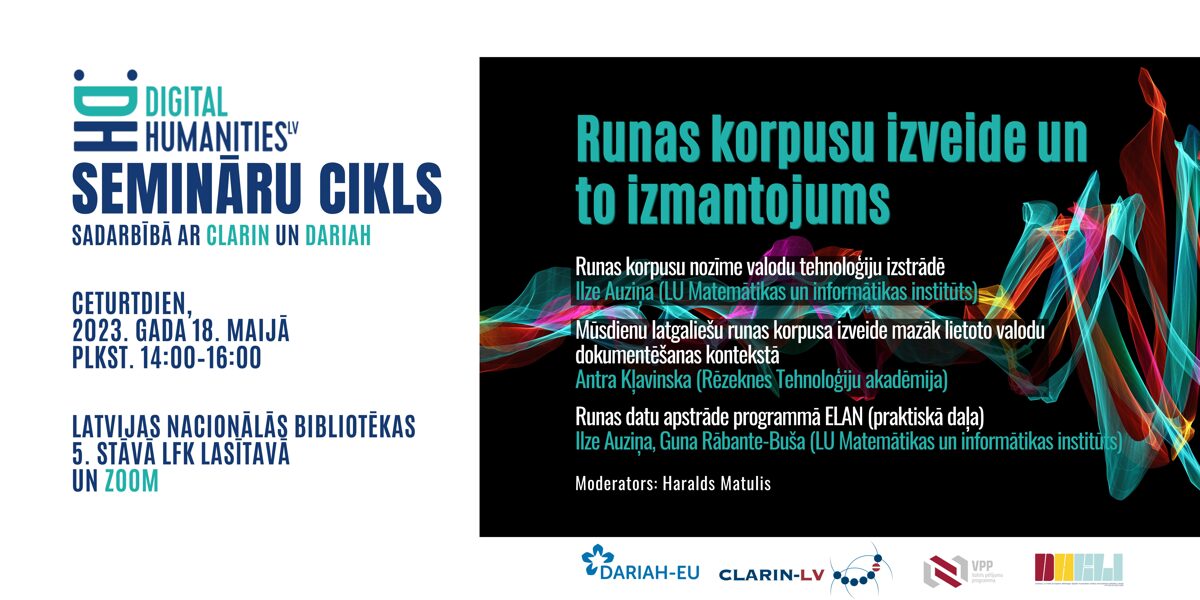
On 18 May 2023 at 14.00, the second seminar in the digitalhumanities.lv seminar series will take place. The seminar will take place both in person - on the 5th floor of the Nationan Library of Latvia at the Archives of Latvian Folklore, and remotely - on the Zoom platform. The programme of the workshop "Creating and using speech corpora":
"The role of speech corpora in the development of language technologies" (Ilze Auziņa, Institute of Mathematics and Informatics, University of Latvia);
"Development of a modern Latgalian speech corpus in the context of documenting less used languages" (Antra Kļavinska, Rezekne Academy of Technologies);
"Speech data processing in ELAN" (Ilze Auziņa, Guna Rābante-Buša, Institute of Mathematics and Informatics, University of Latvia).
The workshop series is organised in collaboration with the European research infrastructures for language technologies and digital humanities CLARIN-EU and DARIAH-ERIC.
02.05.2023.
Participation in the international seminar "Documentation for Education of Lesser Used Languages" On May 2, DHELI project participants Antra Kļavinska and Angelika Juško-Štekele participate in the international seminar "Documentation for Education of Lesser Used Languages" in Rēzekne, where they present a lecture "Developing Corpus Literacy: A Perspective of Latgalian Language and Culture Studies" on corpora of Latgalian texts.
On May 2, DHELI project participants Antra Kļavinska and Angelika Juško-Štekele participate in the international seminar "Documentation for Education of Lesser Used Languages" in Rēzekne, where they present a lecture "Developing Corpus Literacy: A Perspective of Latgalian Language and Culture Studies" on corpora of Latgalian texts.
18.04.2023.
Humanities in the digital age: Securing innovation and empowering democracy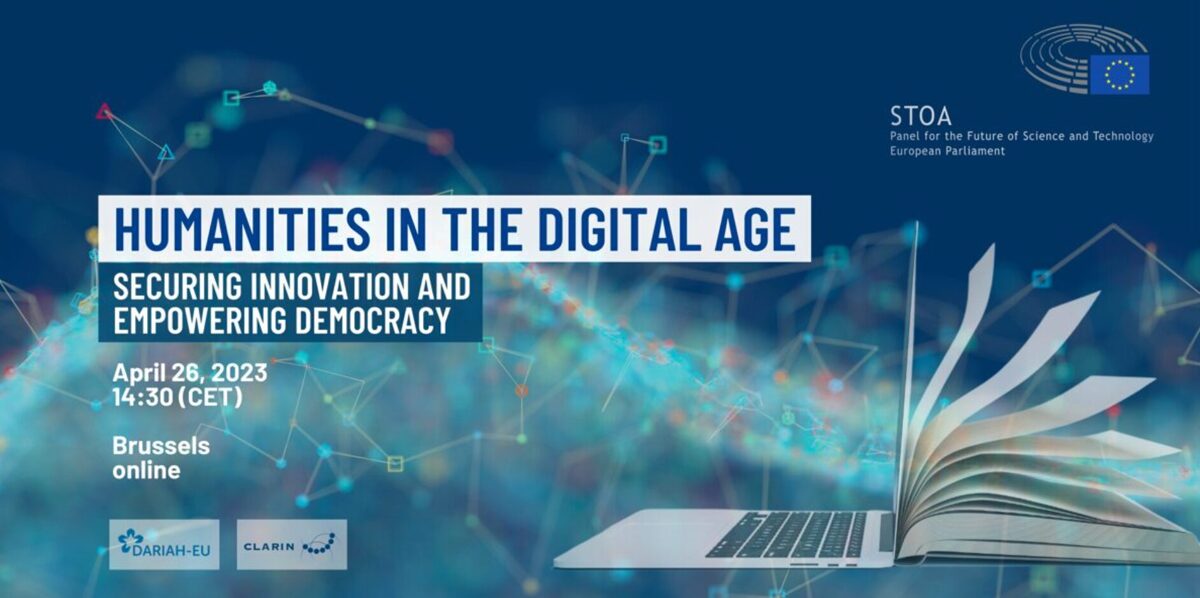
On 26 April at 14.30, the European Parliament's working group on the Future of Science and Technology (STOA), in partnership with DARIAH-EU and CLARIN ERIC, is organising a seminar on "Humanities in the Digital Age: Securing Innovation and Empowering Democracy". From Latvia there will be two participants: Normunds Grūzītis, Senior Research Fellow at the LU MII and the panel "Digital Humanities: Navigating New Frontiers in Education and Science" will be moderated by Sanita Reinsone, Senior Research at the LU LFMI. The seminar will focus on digital humanities, their necessity and development. Programme of the event: https://www.europarl.europa.eu/stoa/en/events/details/humanities-in-the-digital-age-securing-i/20230412WKS05201
12.04.2023.
First seminar in the digitalhumanities.lv seminar series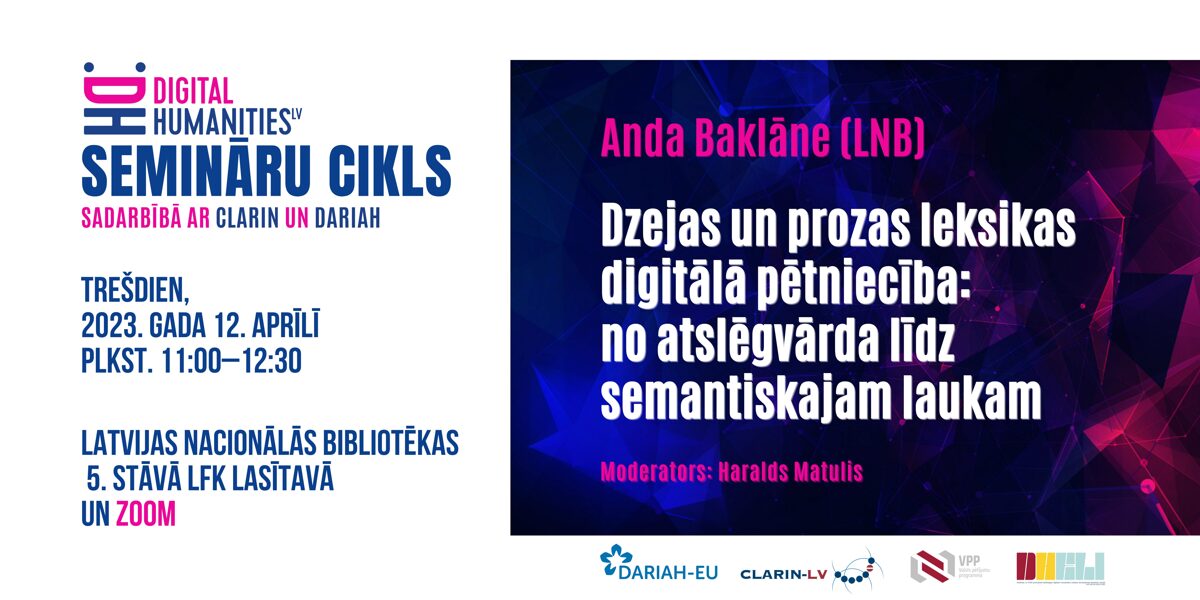
On 12 April 2023, the first seminar in the digitalhumanities.lv seminar series took place in partnership with ClarinLV and DARIAH-EU. The seminars will feature presentations by both Latvian and international digital humanities researchers and practitioners, presenting their research, tools and resources developed and discussing methodological issues. The seminars will take place both in person - on the 5th floor of the National Library of Latvia at the Archives of Latvian Folklore, and remotely - on the Zoom platform. The project is developed in cooperation with the European research infrastructures CLARIN-EU and DARIAH-ERIC for language technologies and digital humanities.
04.04.2023.
Workshop on digital resources for European regional languages
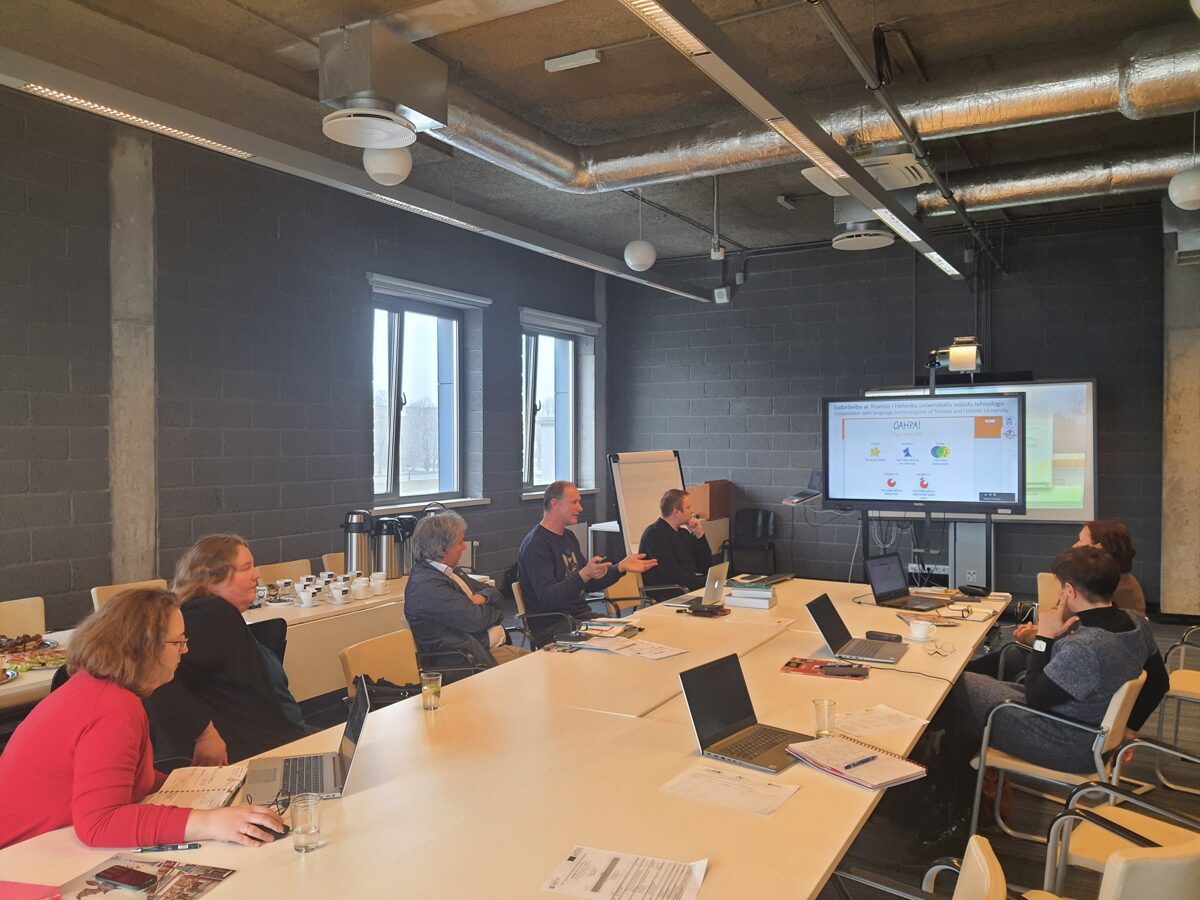
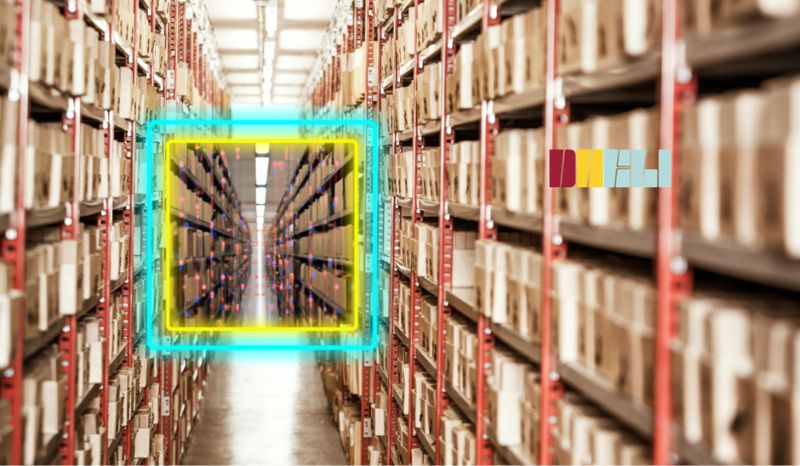
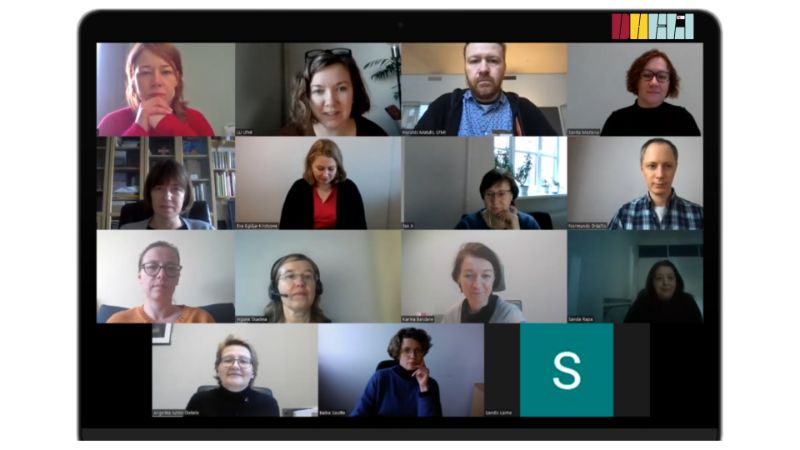
Information about the project
The project “Towards Development of Open and FAIR Digital Humanities Ecosystem in Latvia” is implemented within the framework of the National Research Programme “Digital Humanities”
- Project No: VPP-IZM-DH-2022/1-0002
- Implementation period: 15.12.2022.– 14.12.2025.
- Project funding: EUR 1 217 700
- Funded by: Latvian Council of Science of the Ministry of Education and Science
- Project partners: Institute of Literature, Folklore and Art of the University of Latvia (LU LFMI), Institute of Mathematics and Computer Science of the University of Latvia (LU MII), University of Latvia (UL Livonian Institute (LU LI) and Latvian Language Institute of the University of Latvia (LU LaVi)) , Rēzekne Academy of Technologies (RTA), Riga Technical University (RTU), National Library of Latvia (LNB).
Contacts: [email protected]
Project leader: Sanita Reinsone
Summary
The aim of the project is to advance digital humanities scholarship in Latvia providing a balanced programme in order to (1) support the development of the existing digital resources and tools intended for humanities avoiding uneven development and enhancing their usage in research and education; (2) prevent fragmentation and unnecessary duplication of DH resources and tools by establishing partnerships and productive alliances between institutions that aggregate similar data; (3) ensure wider visibility, support Open Science and follow FAIR principles, as well as facilitate interoperability of digital resources for humanities and their inclusion in international research infrastructures; (4) promote DH research and education in Latvia, including promoting and strengthening of DH research community in Latvia, and (5) provide necessary guidance for developers of digital resources and tools for humanities, policymakers and decisionmakers, researchers, and other target groups on effective support of digital humanities, development and cooperation.
